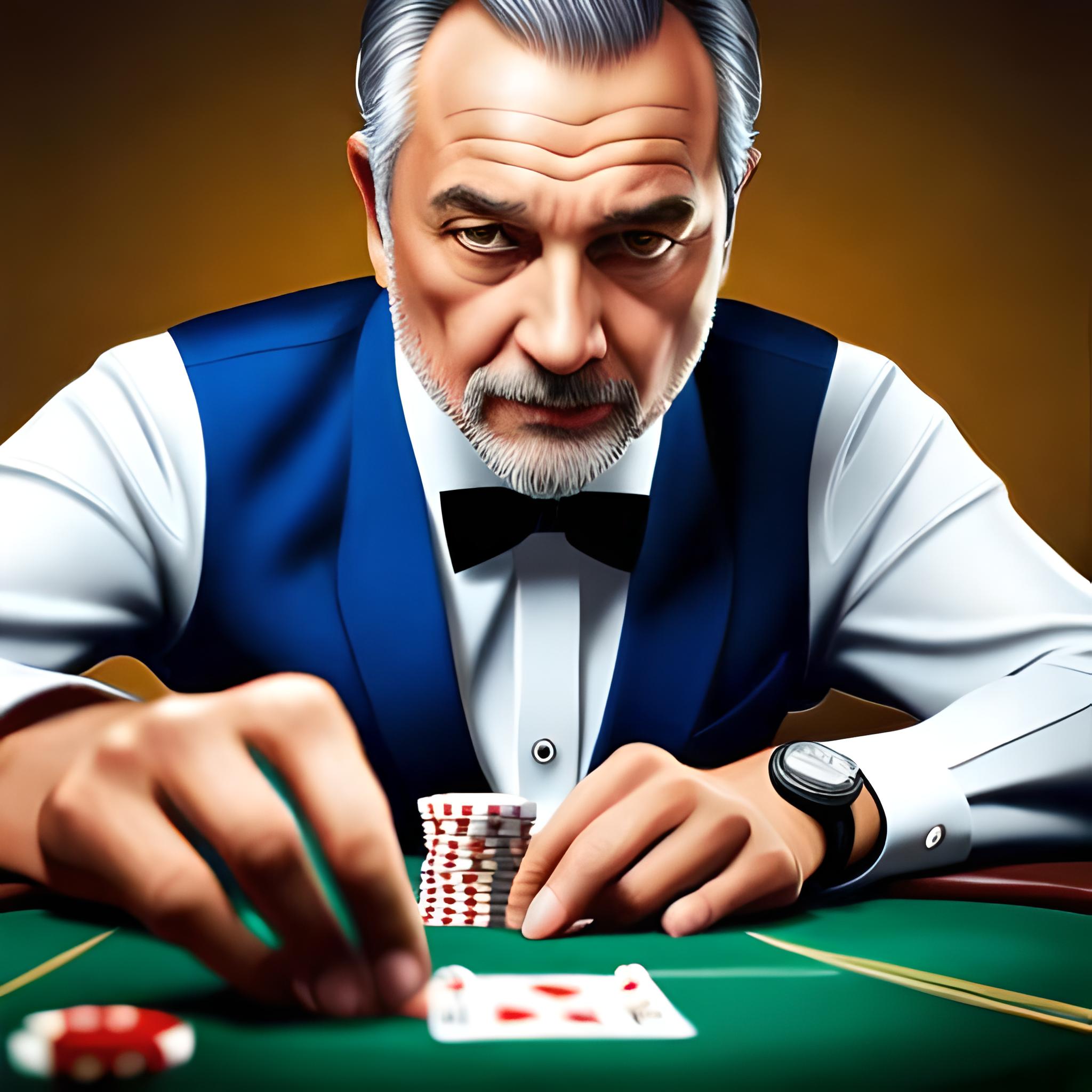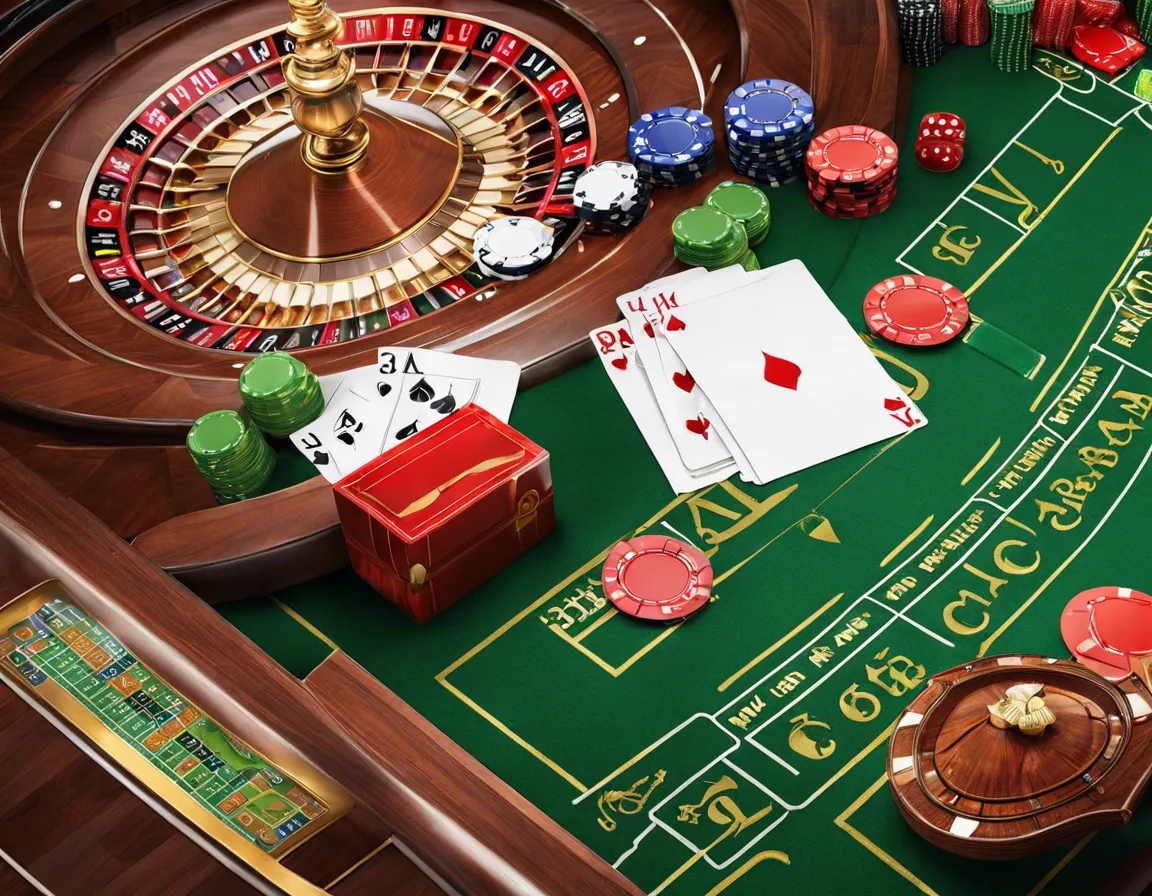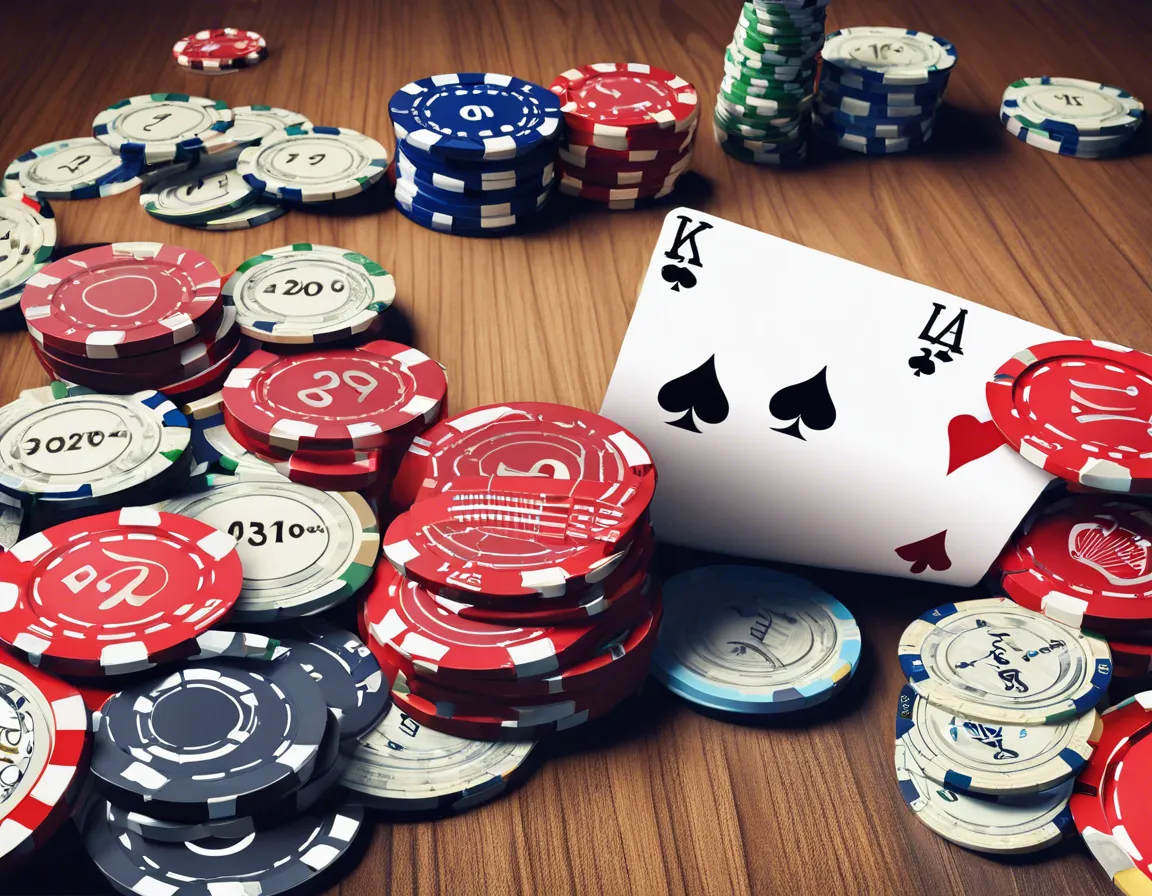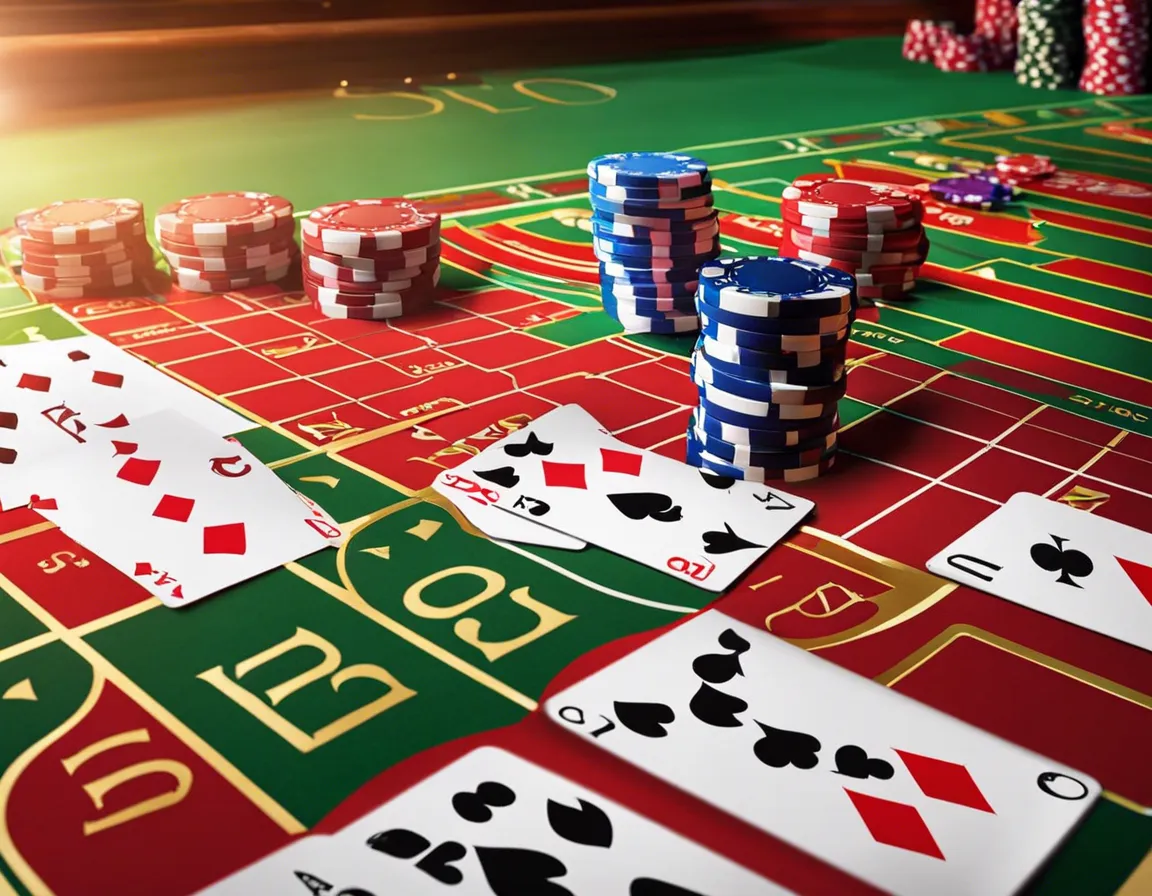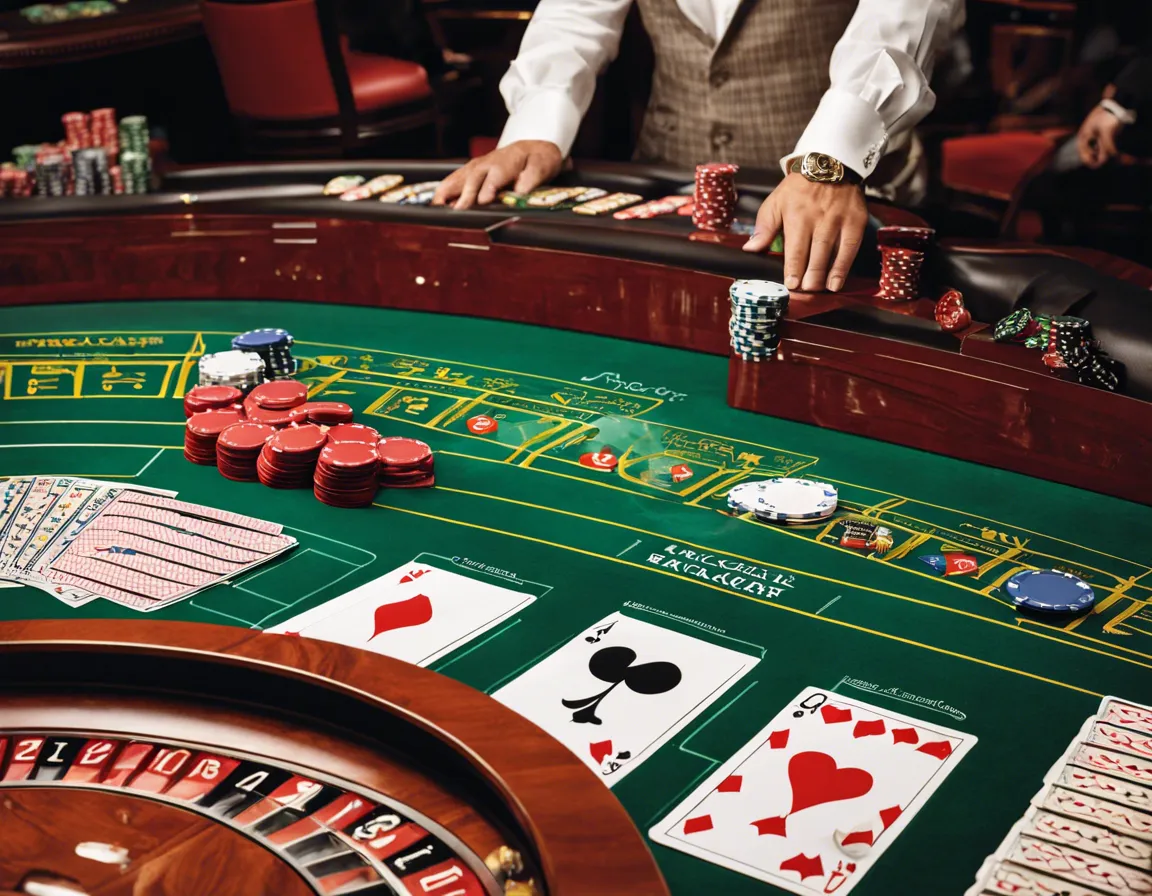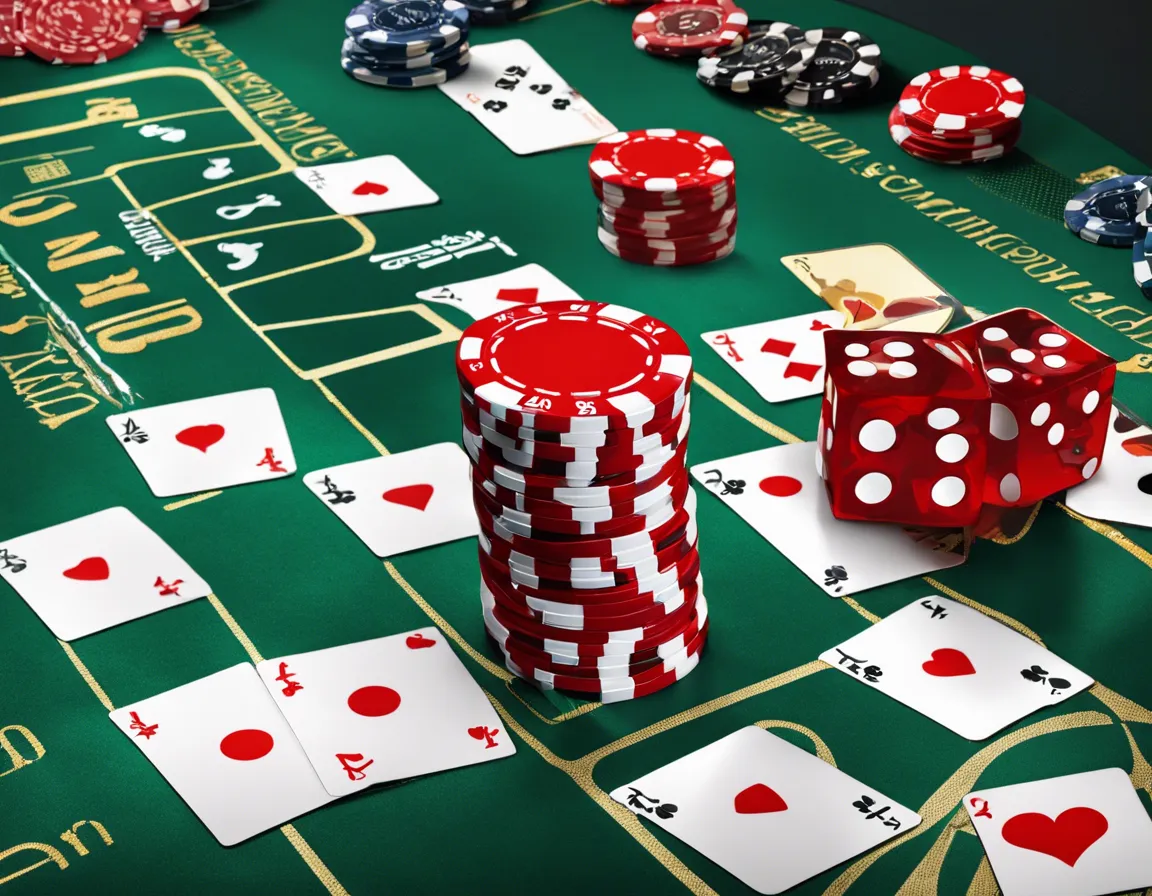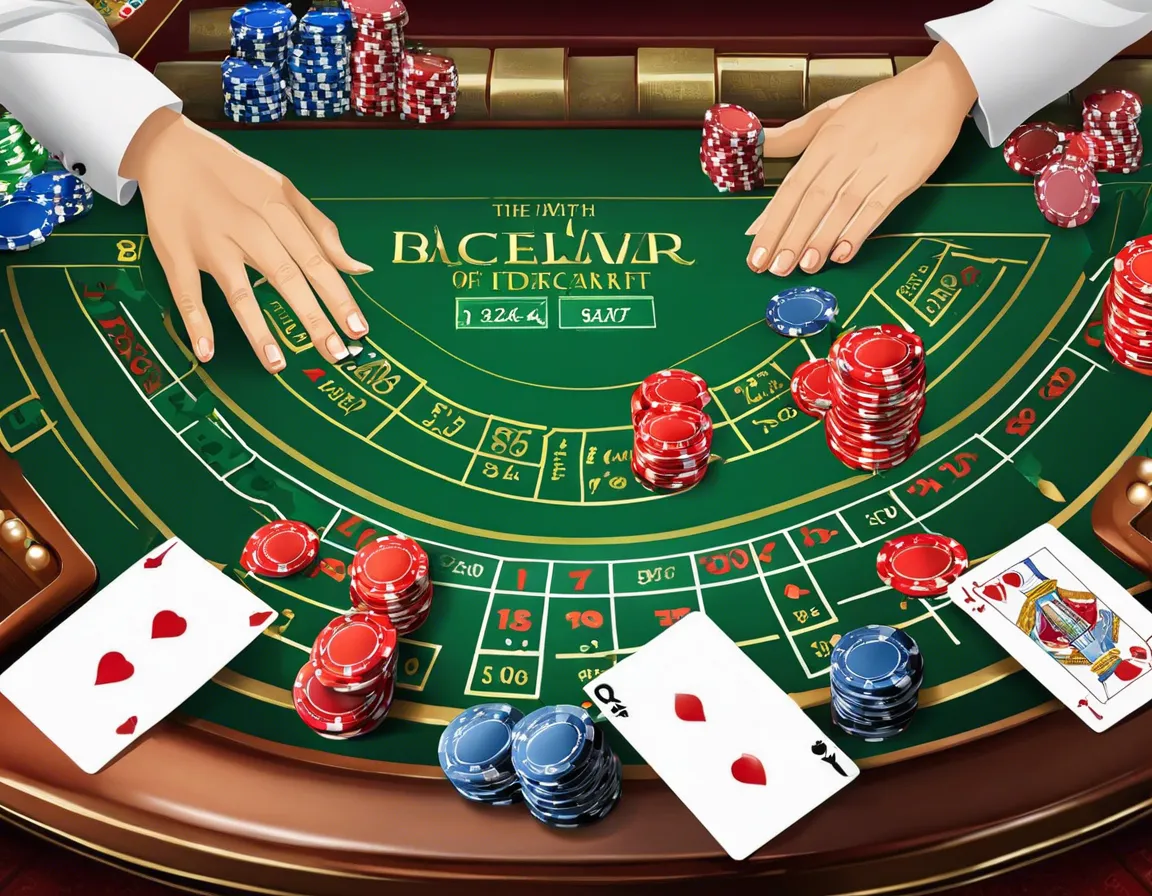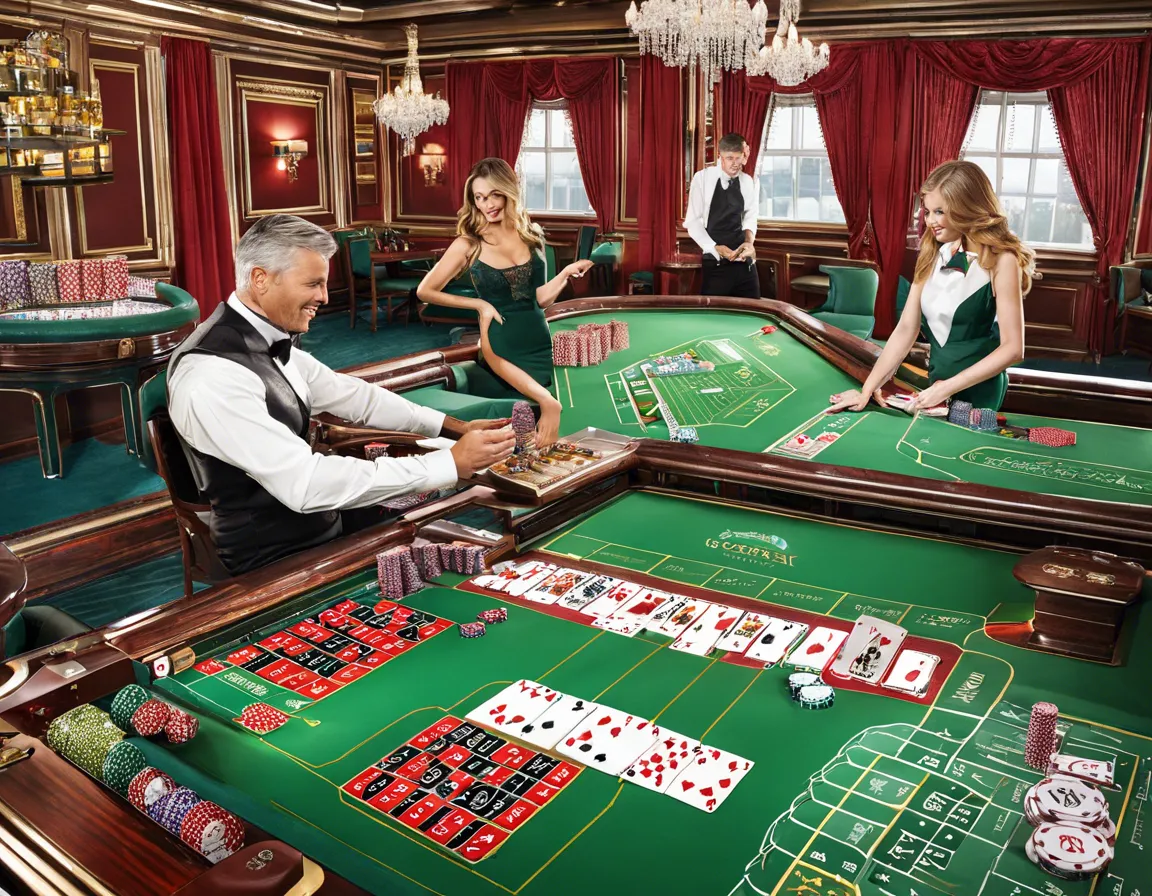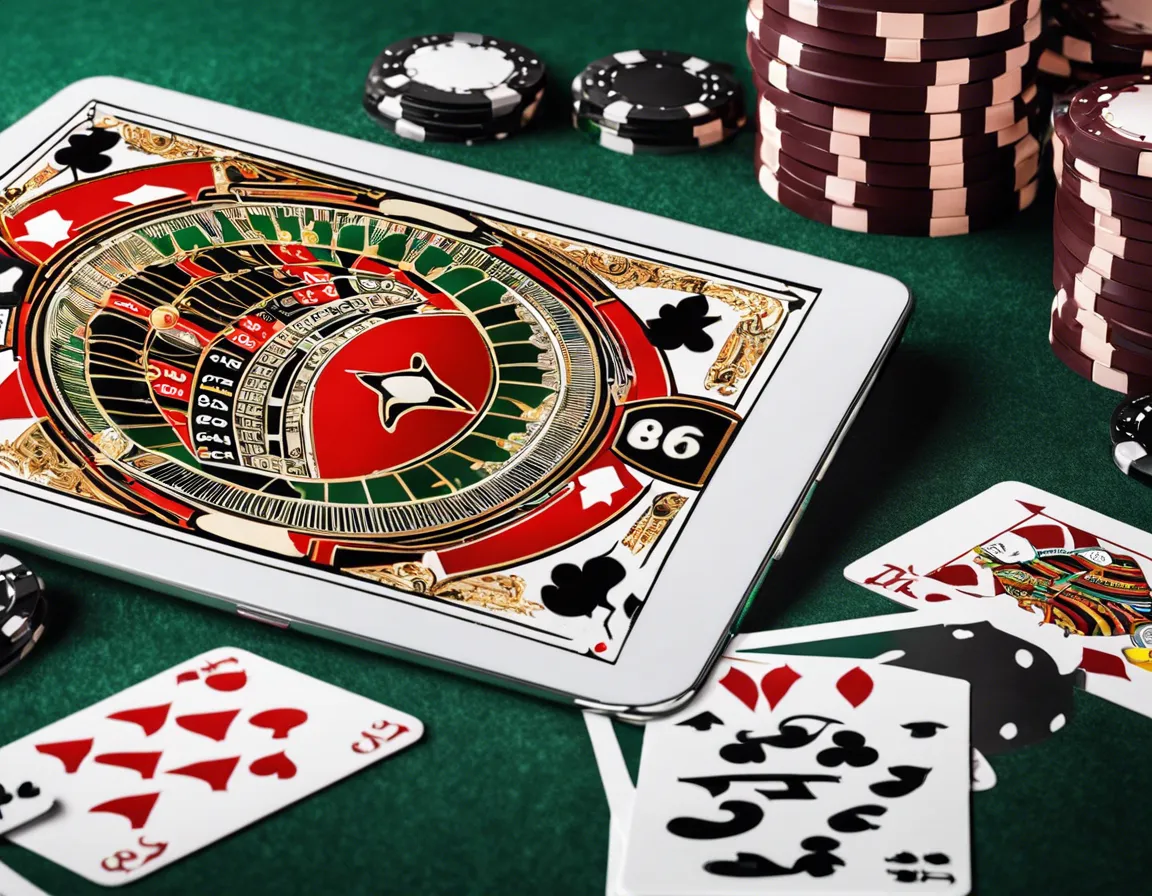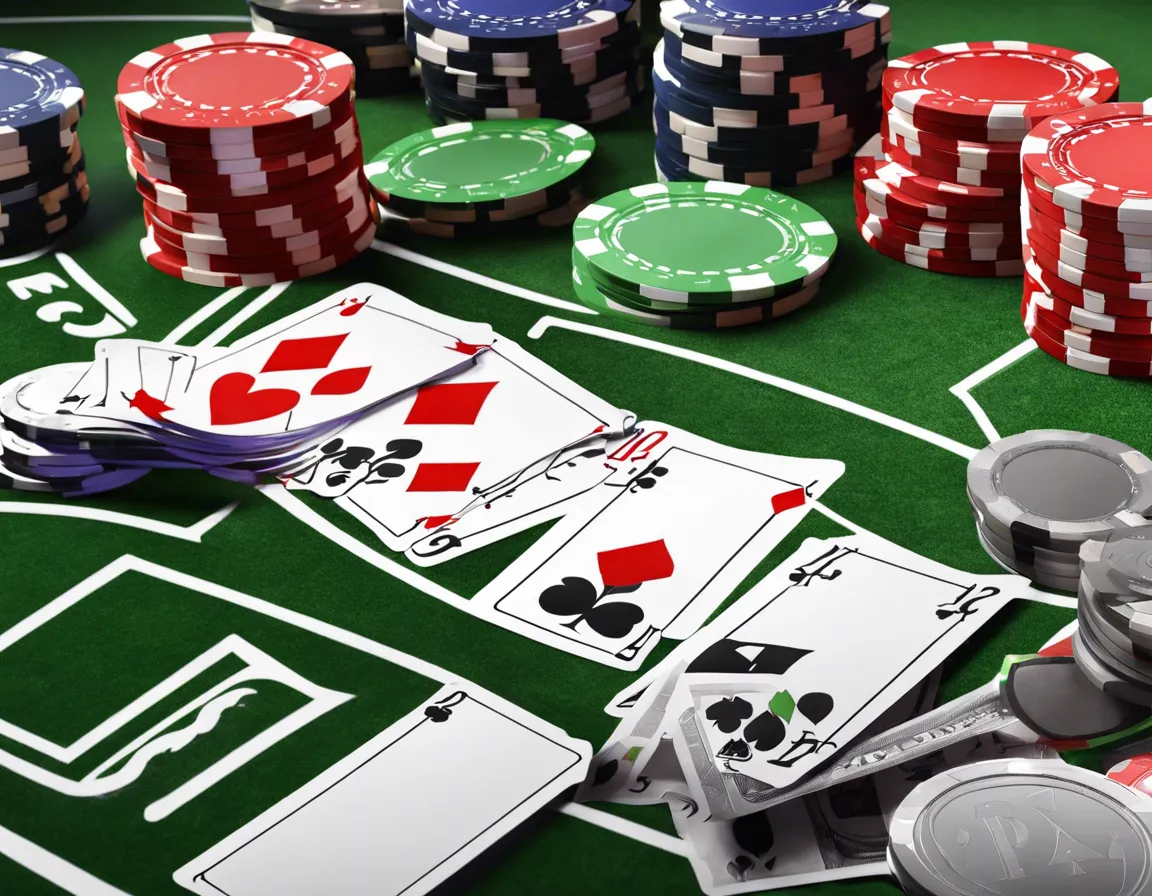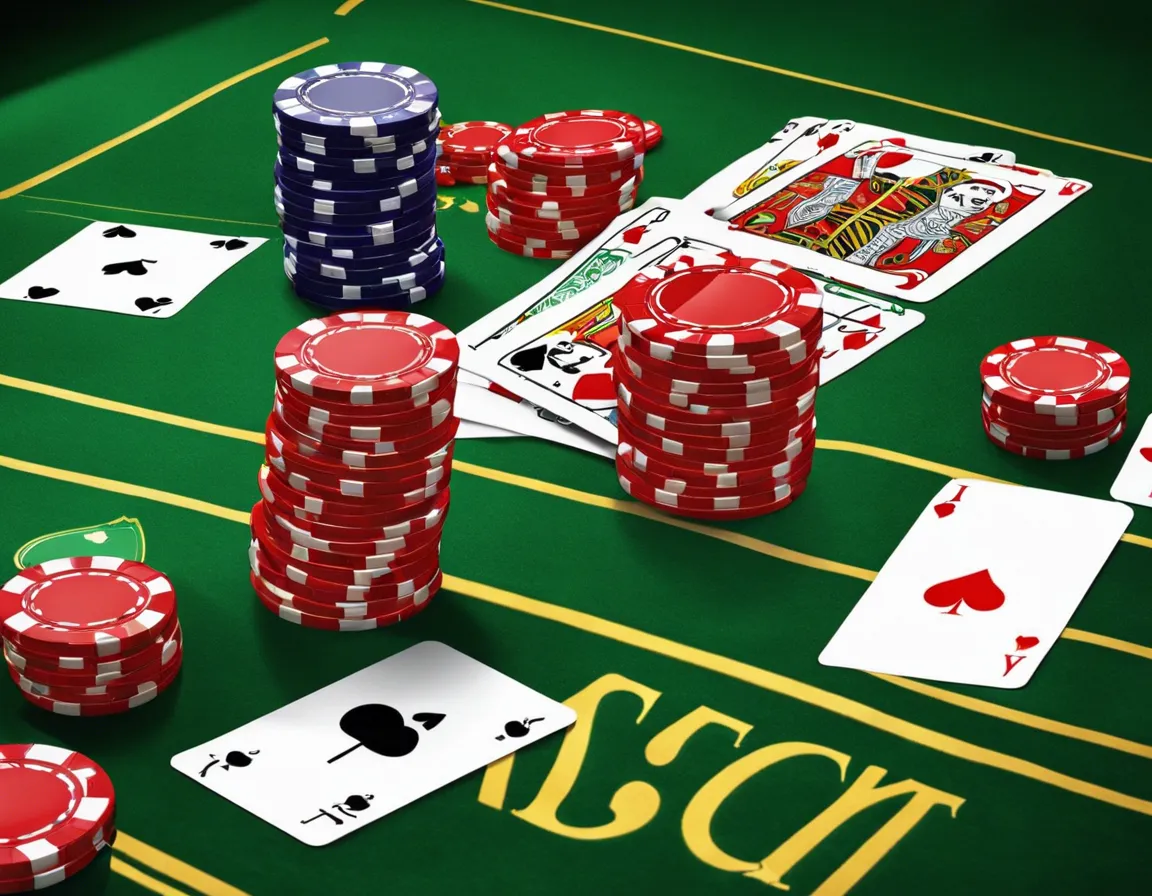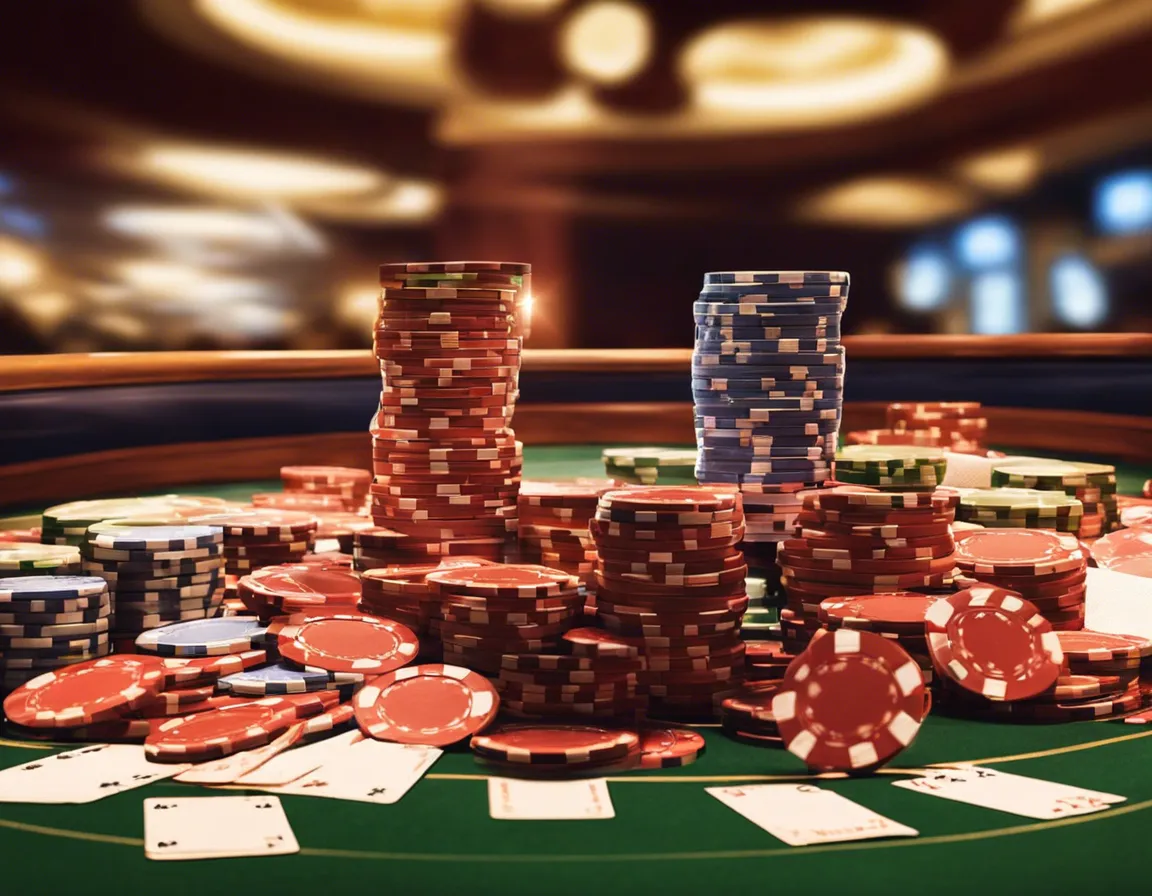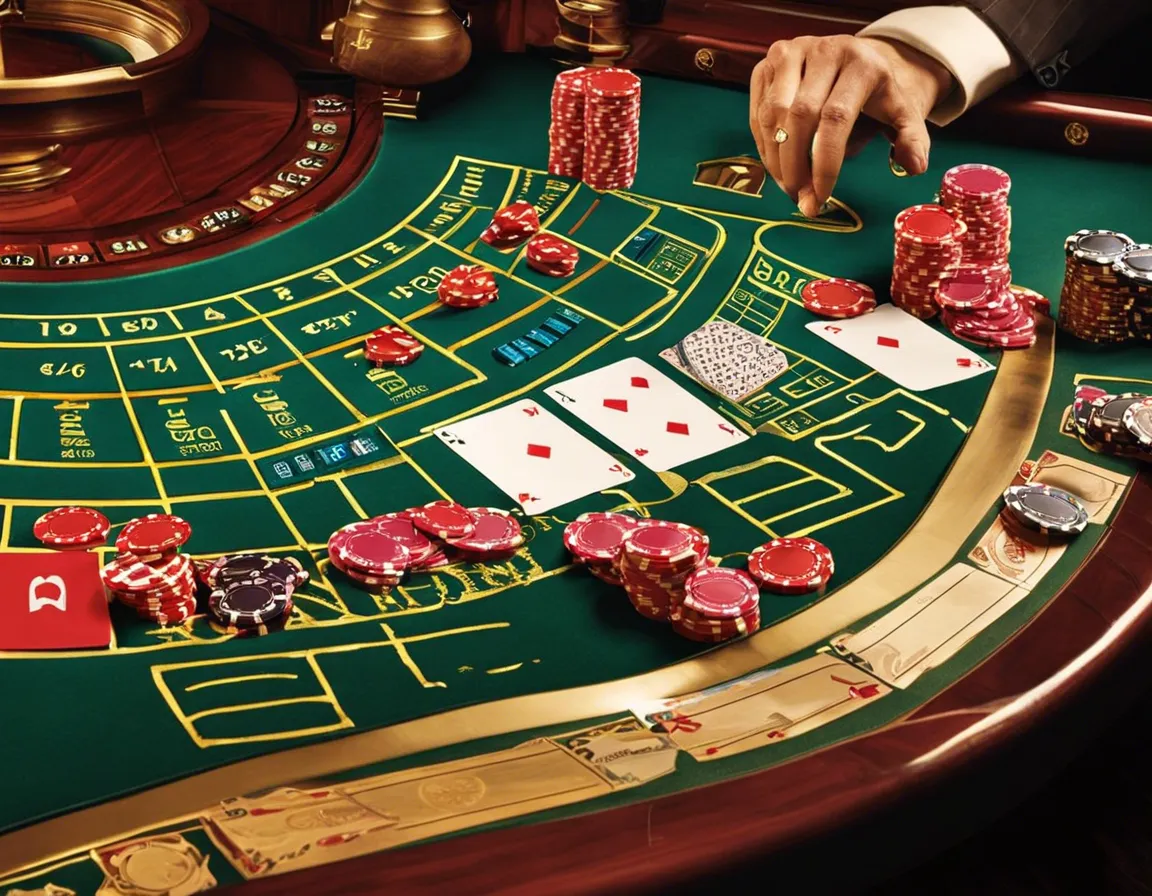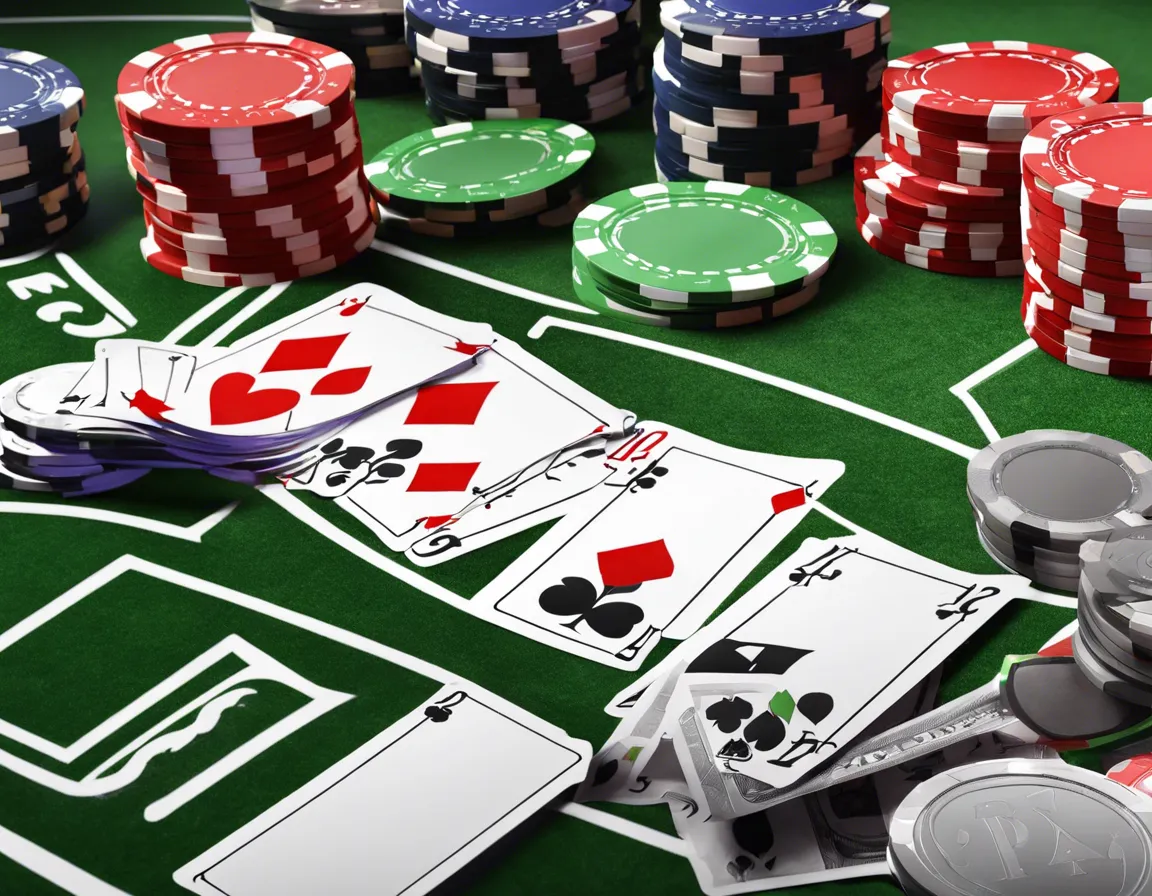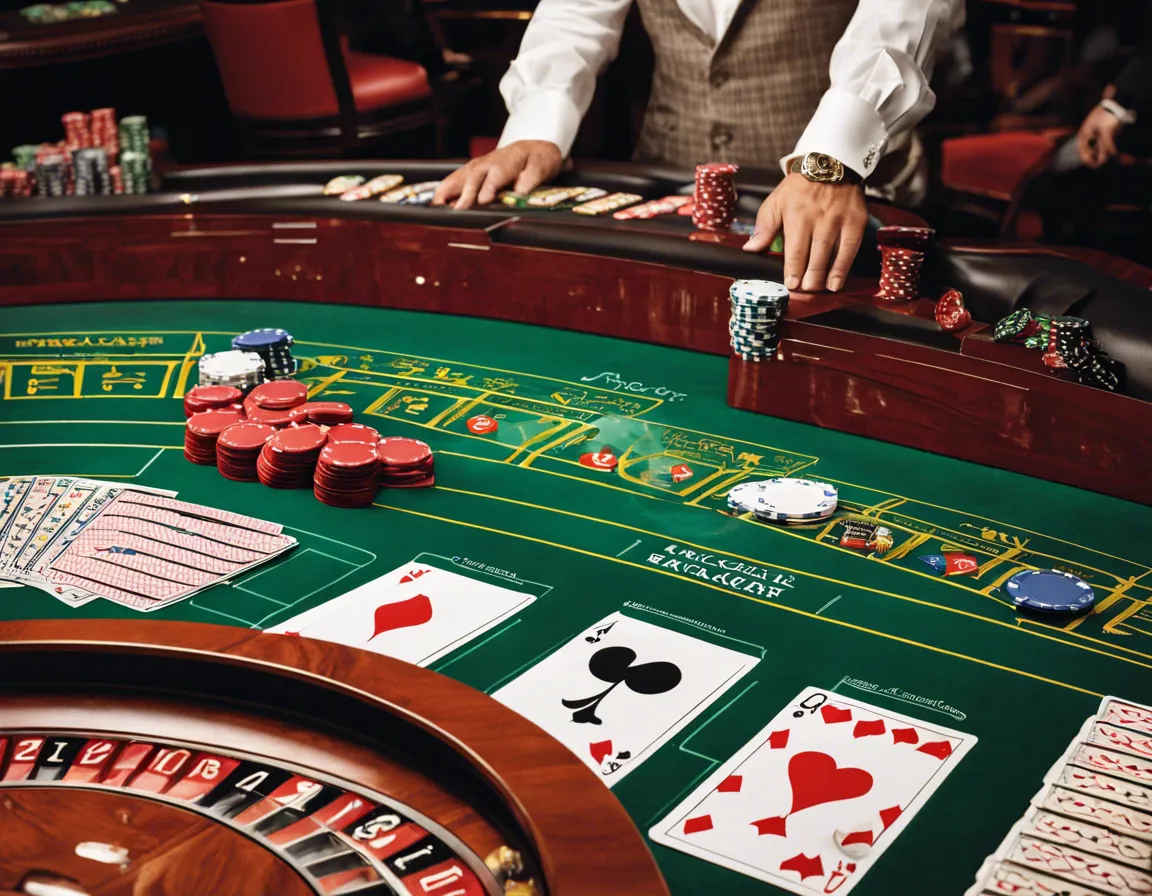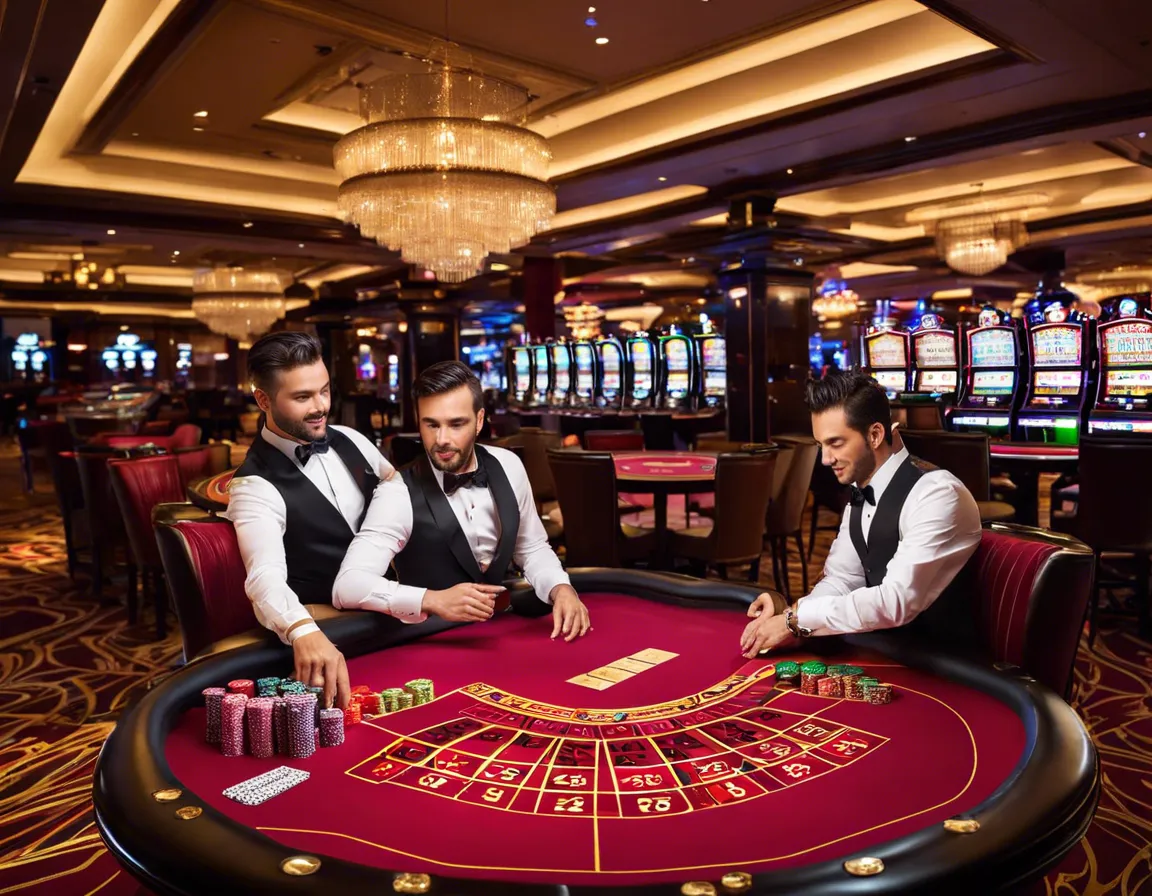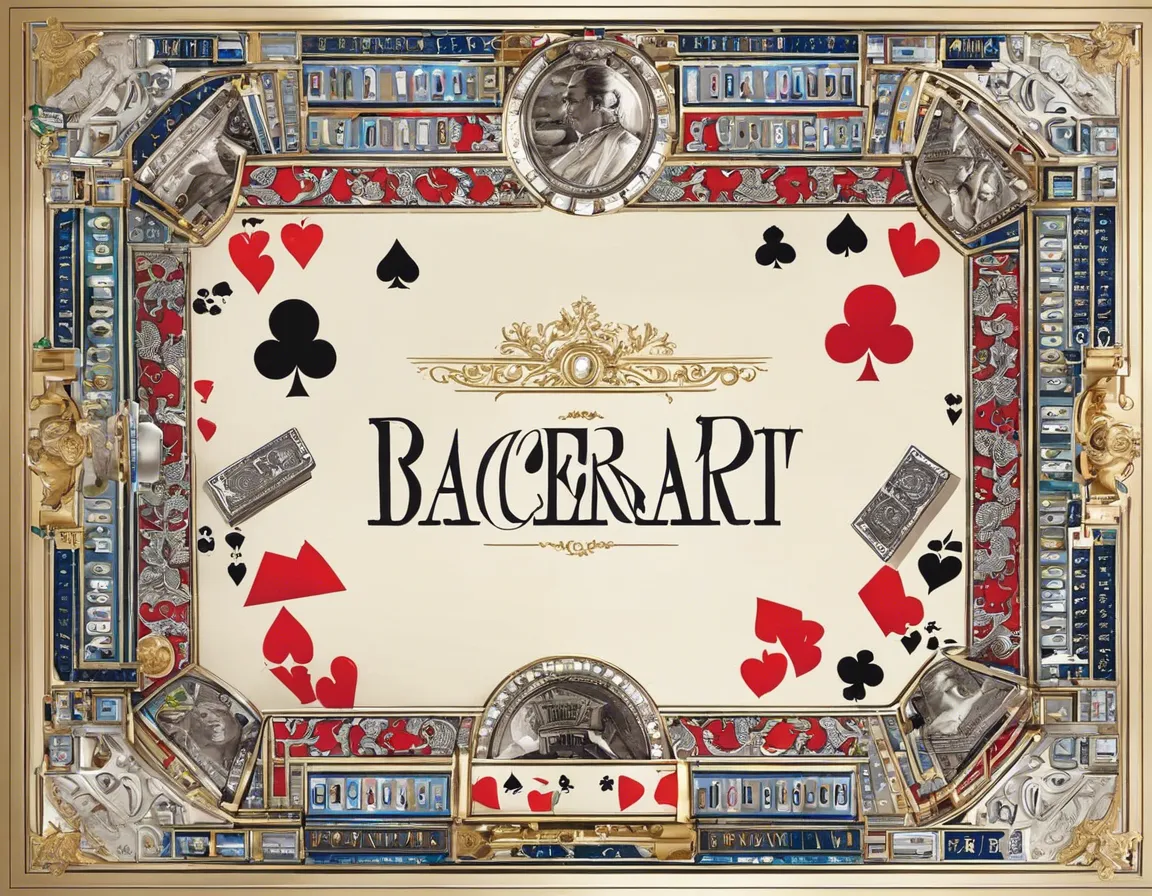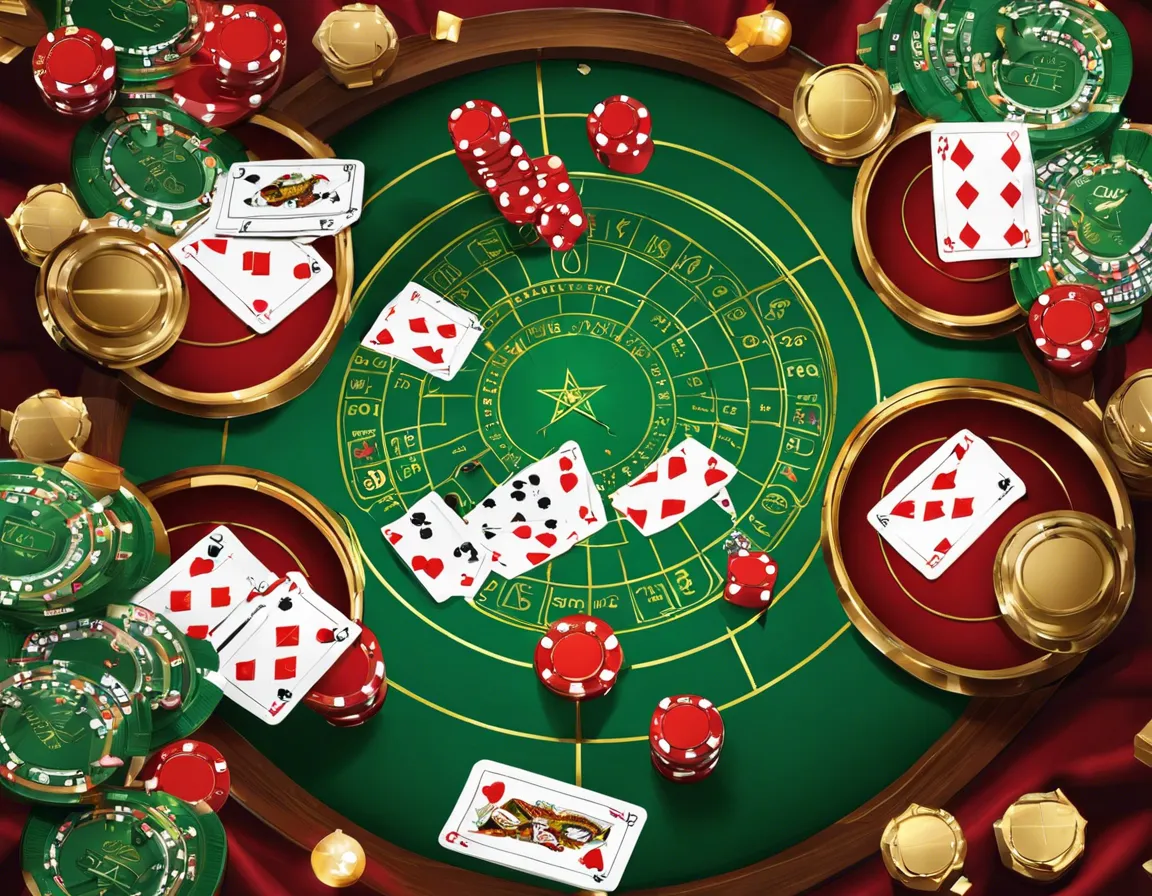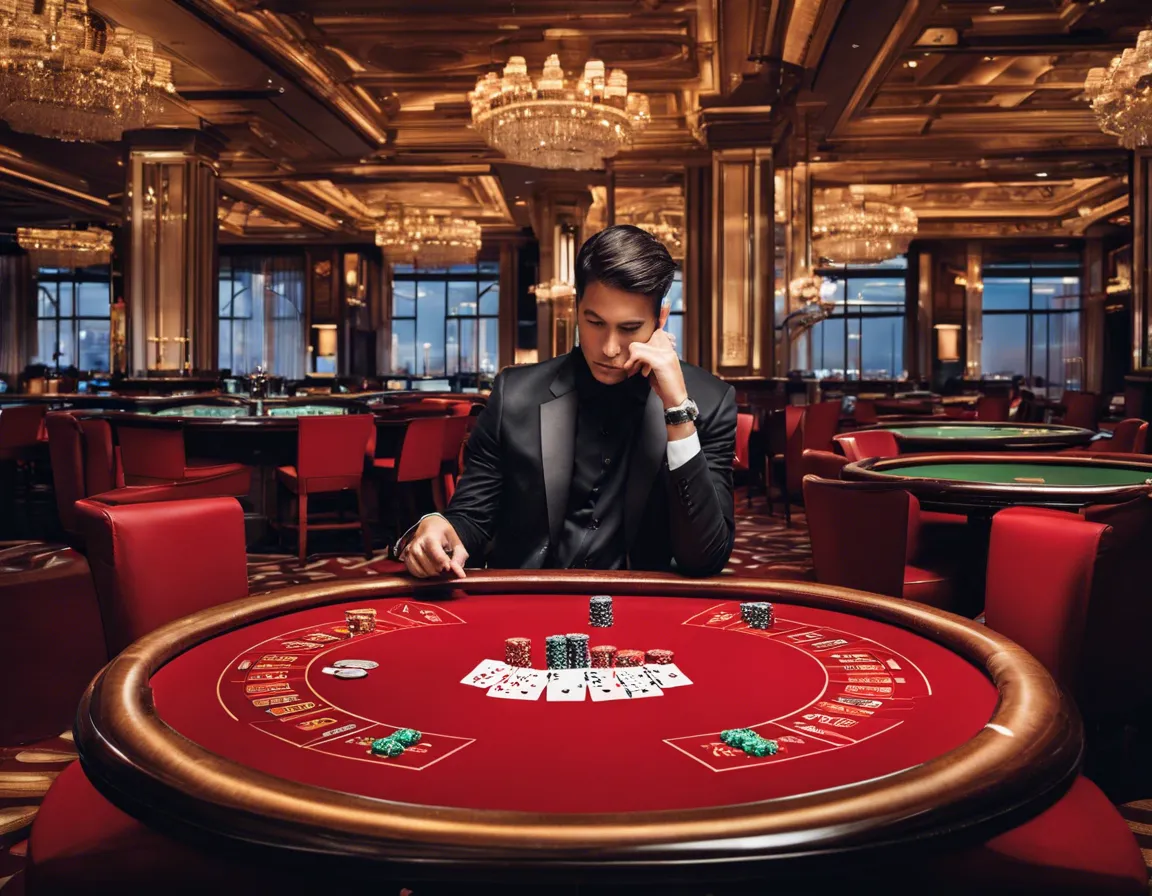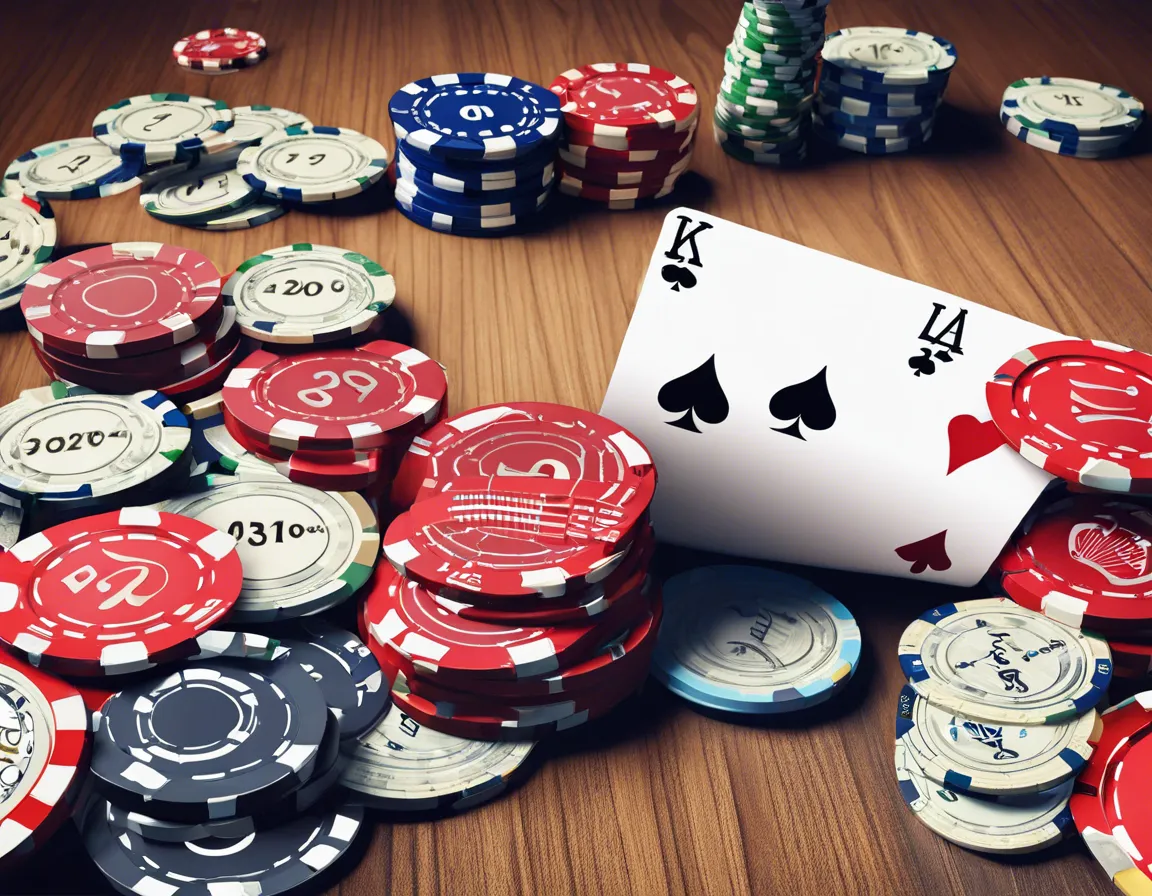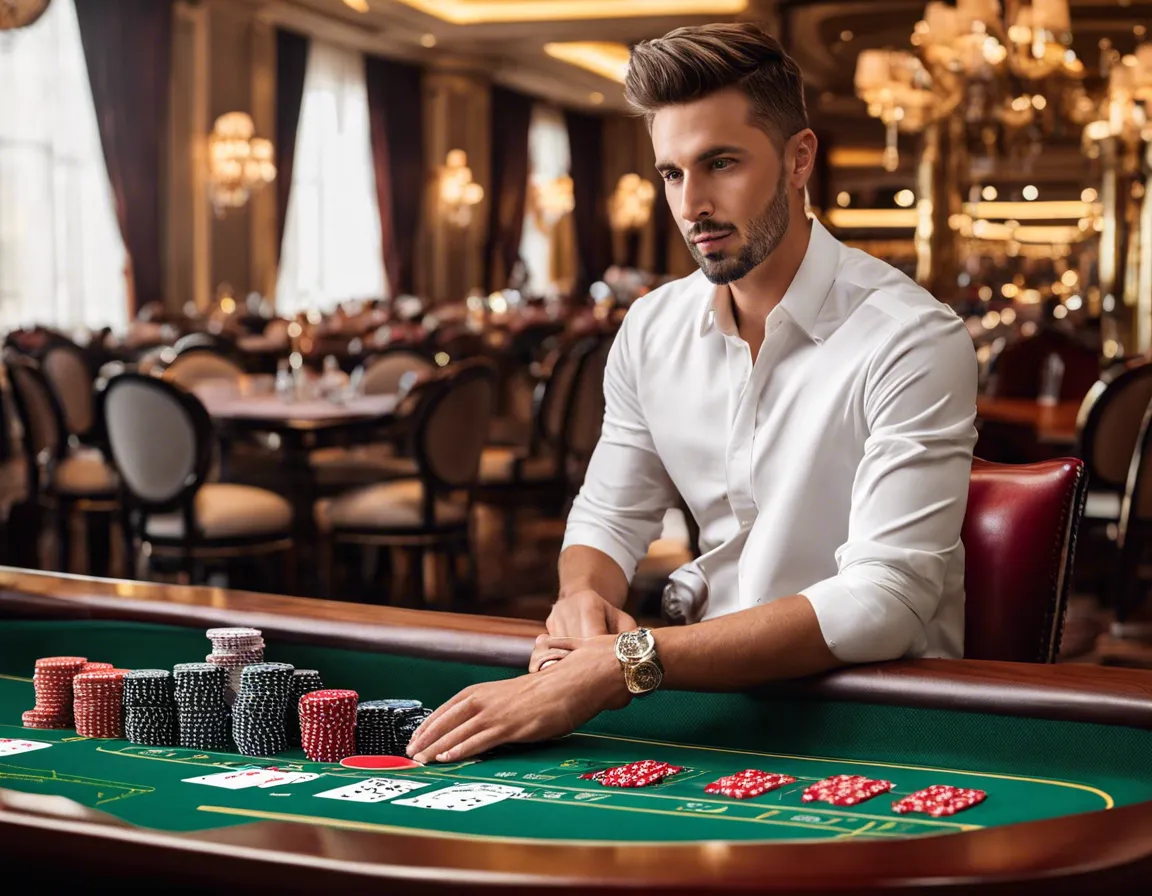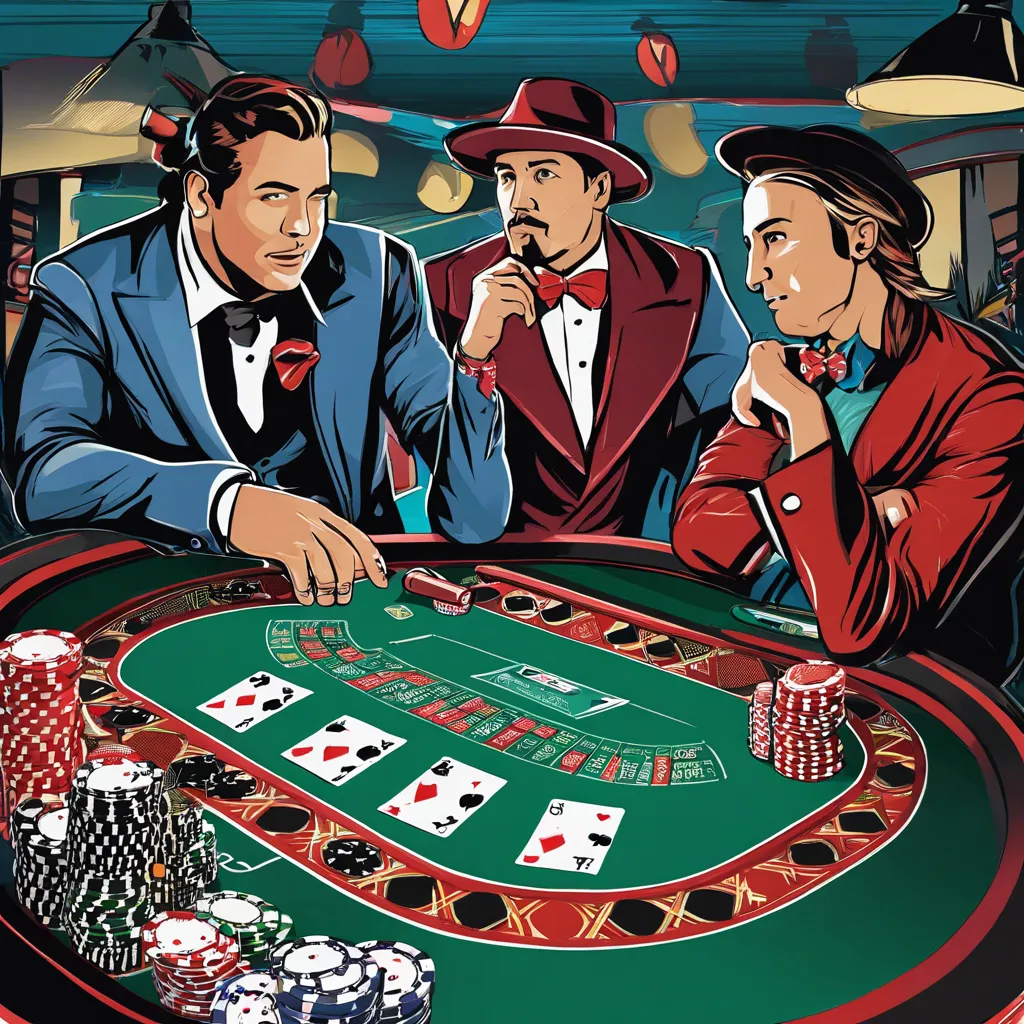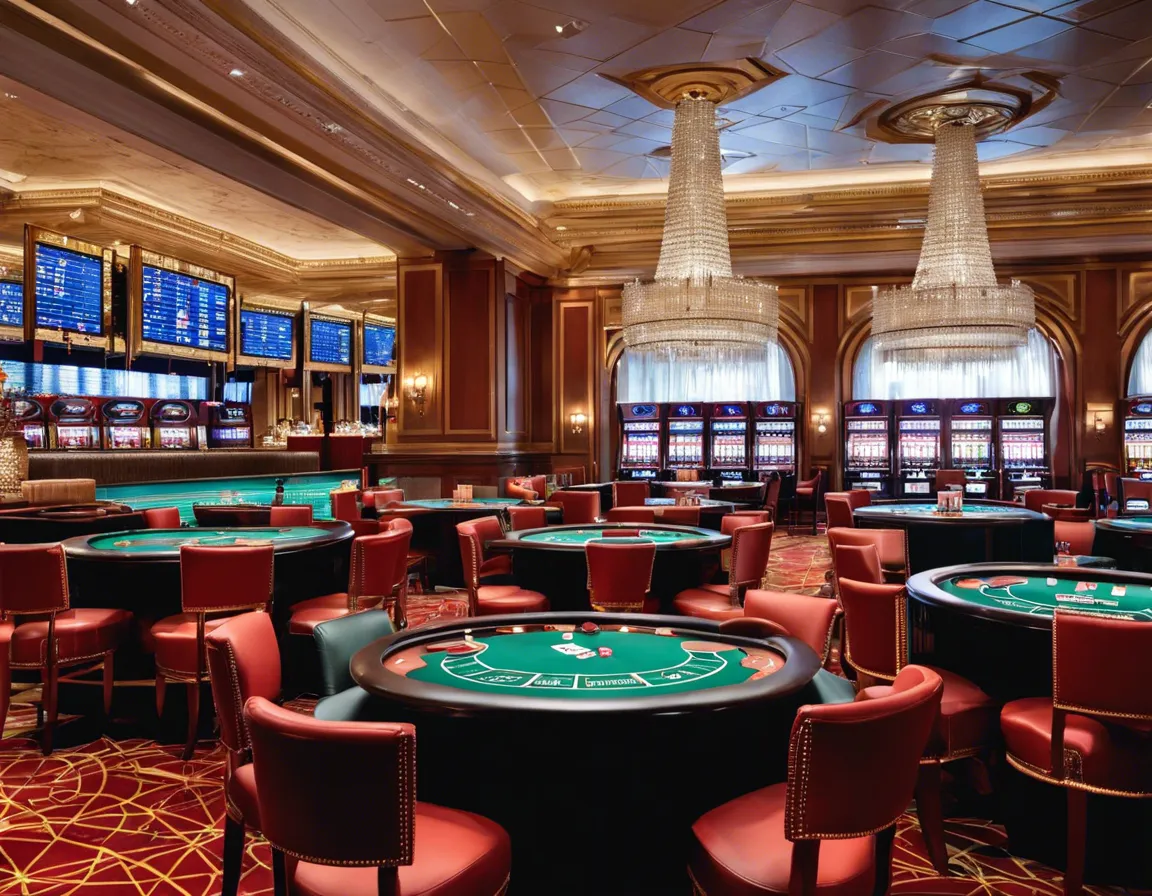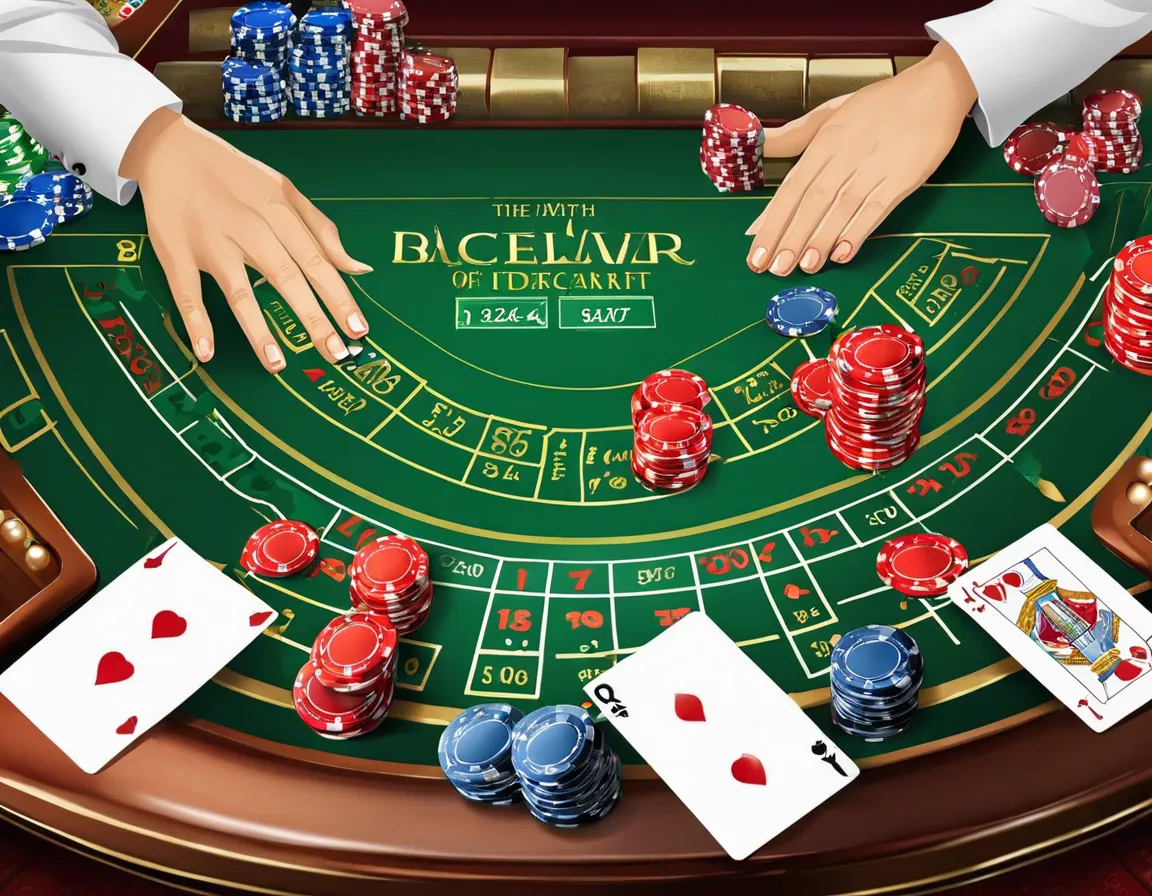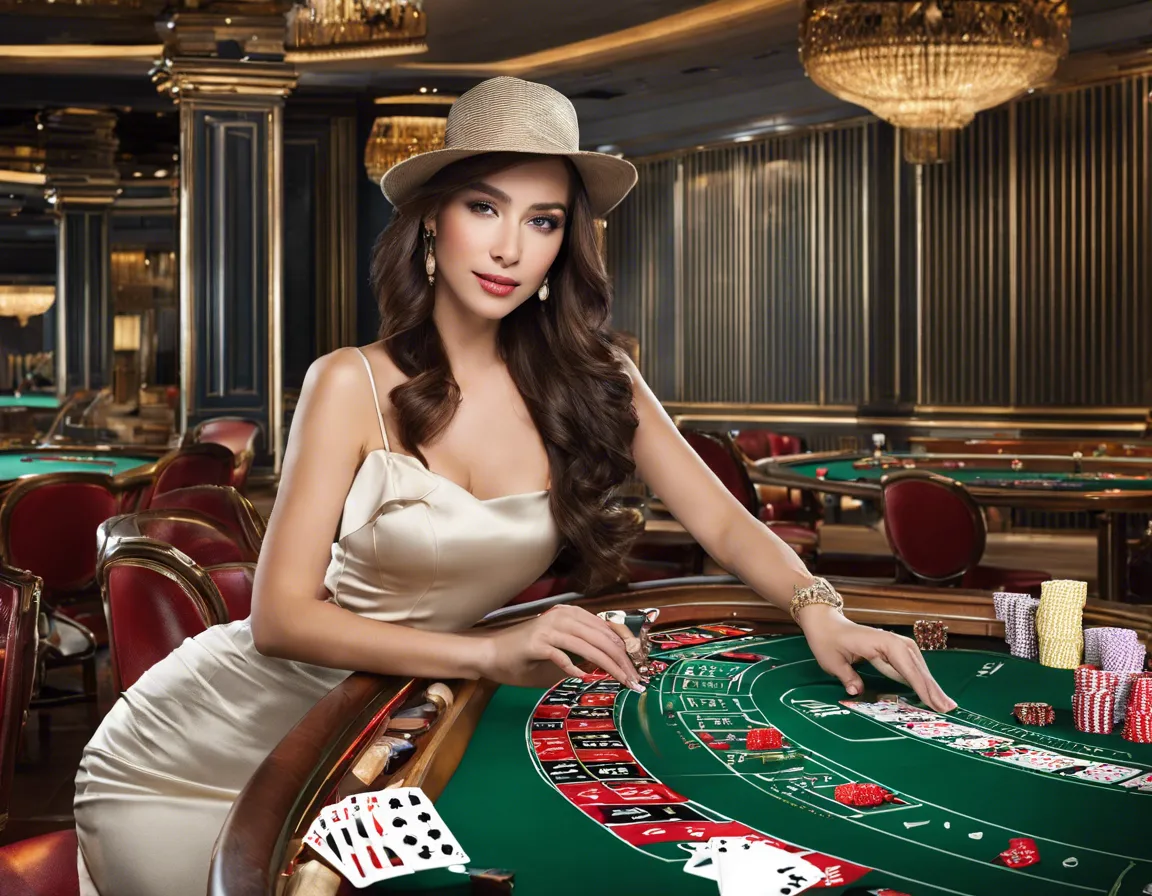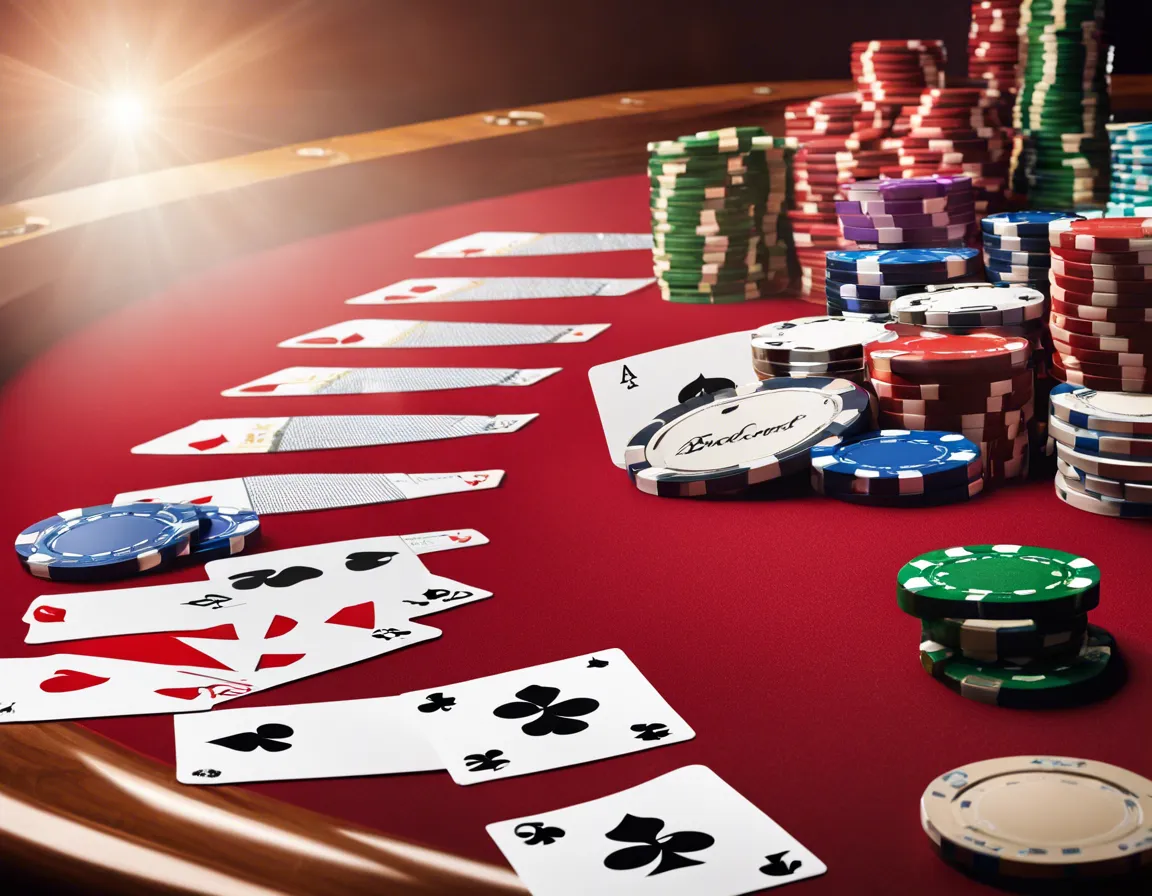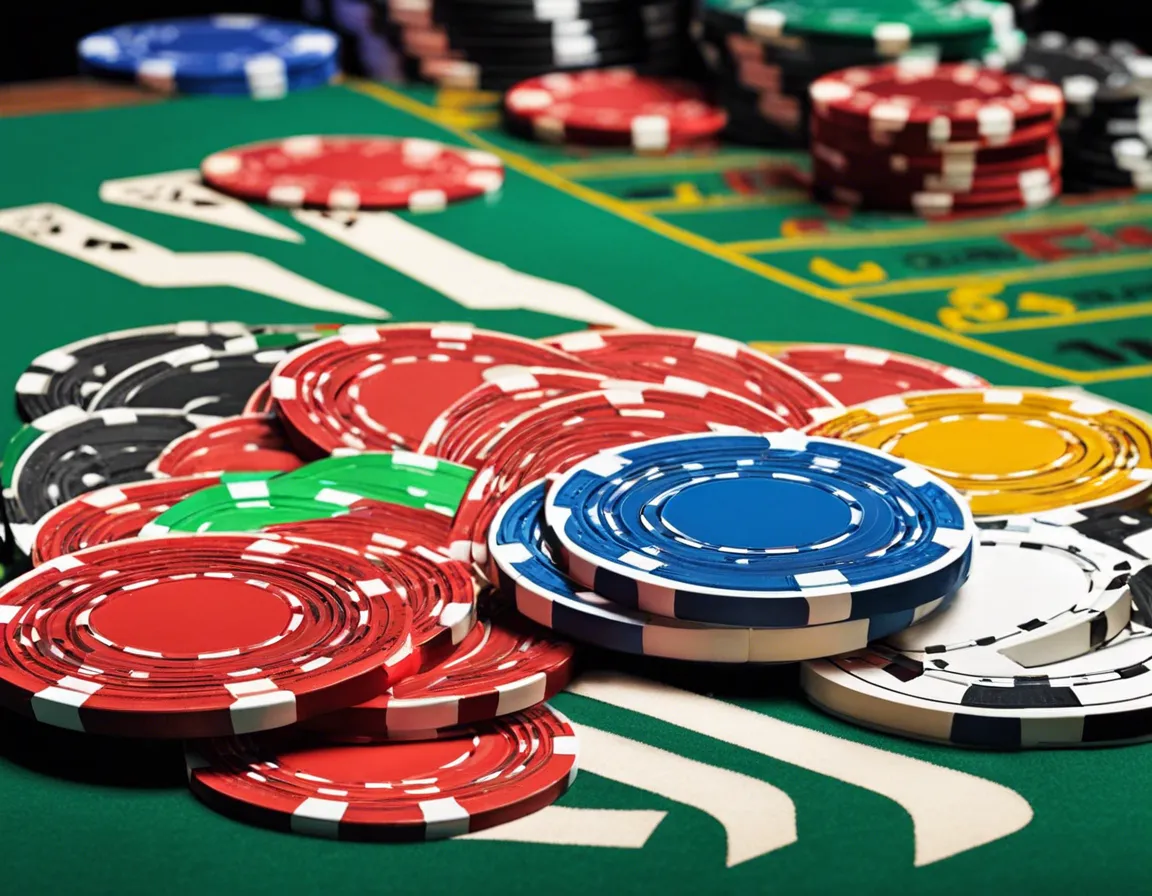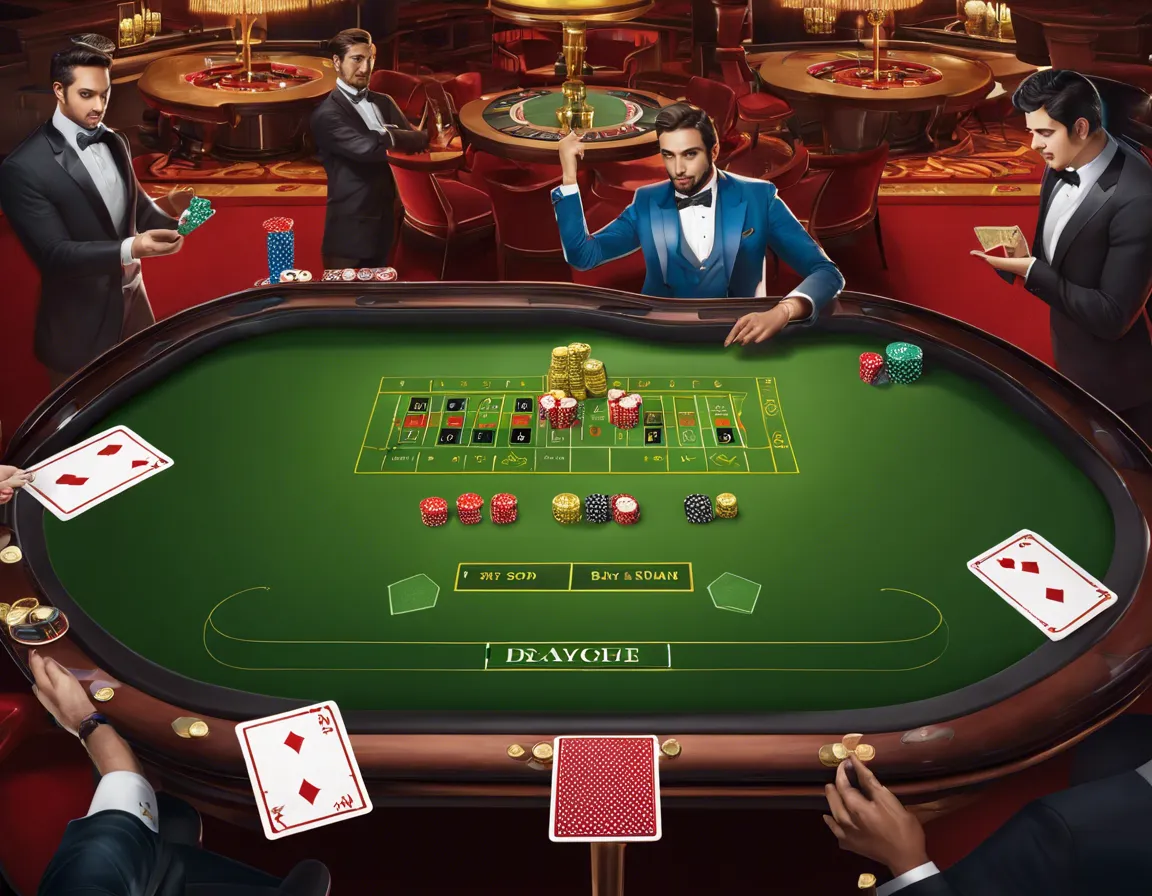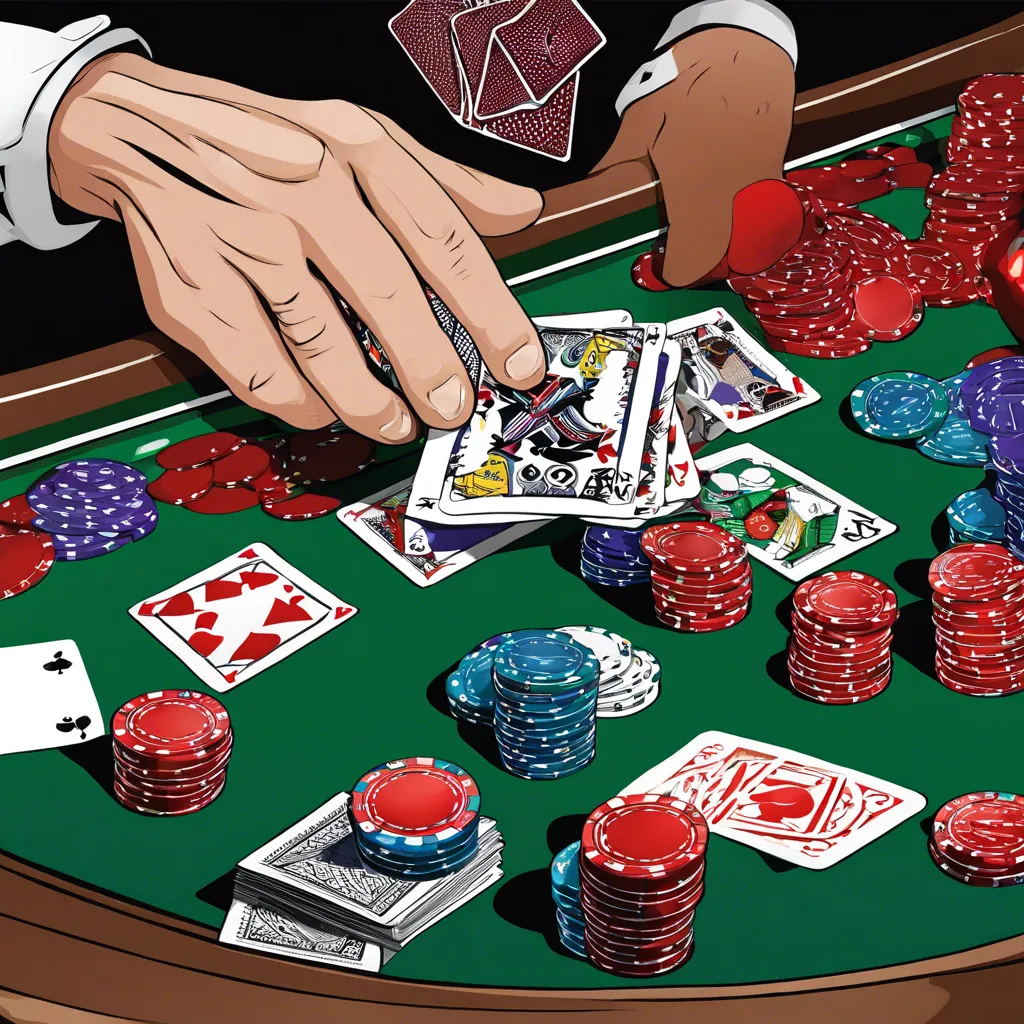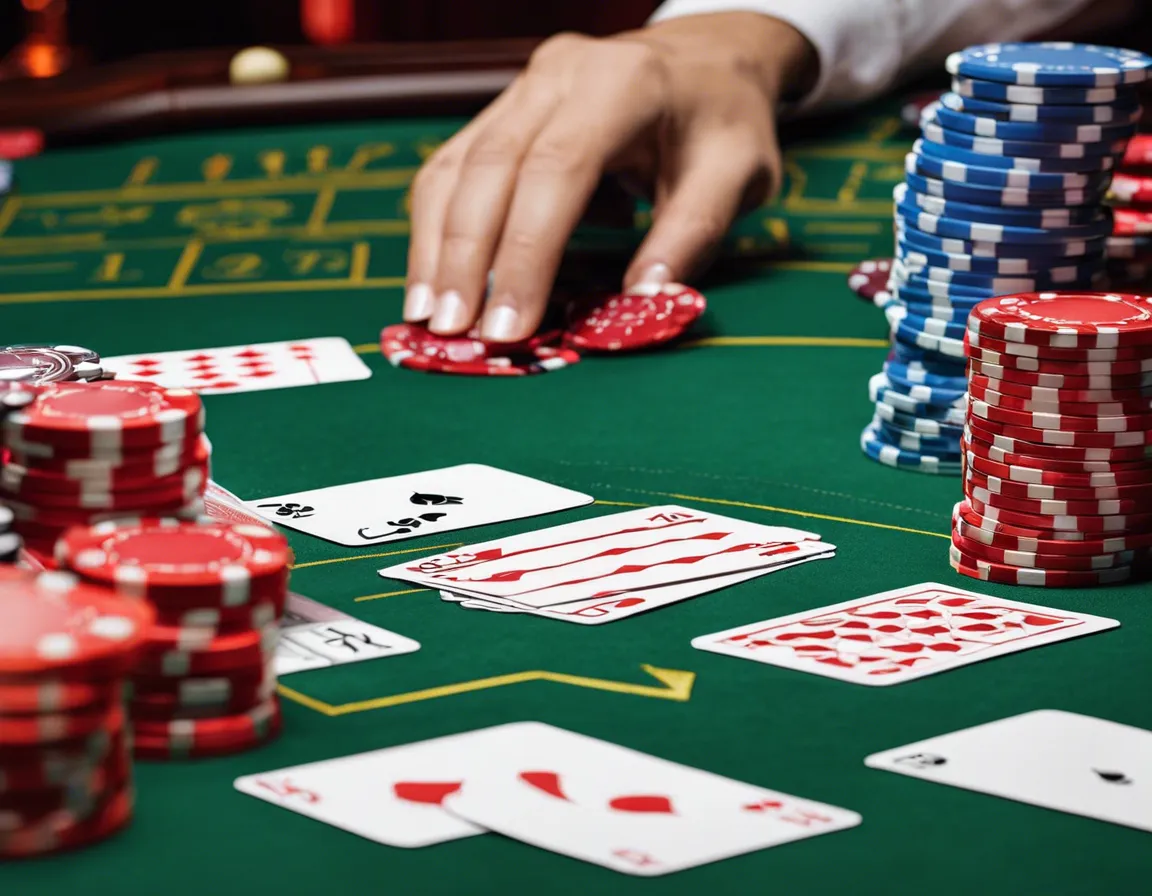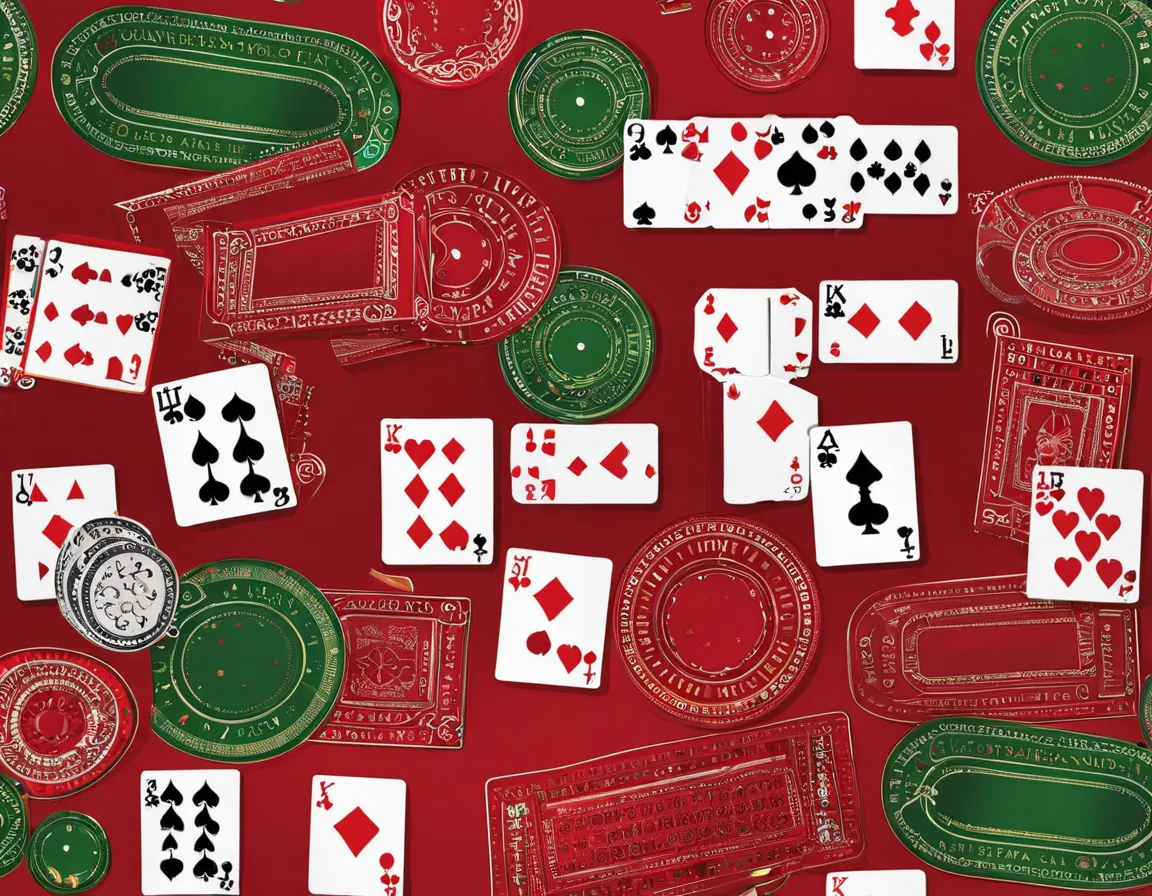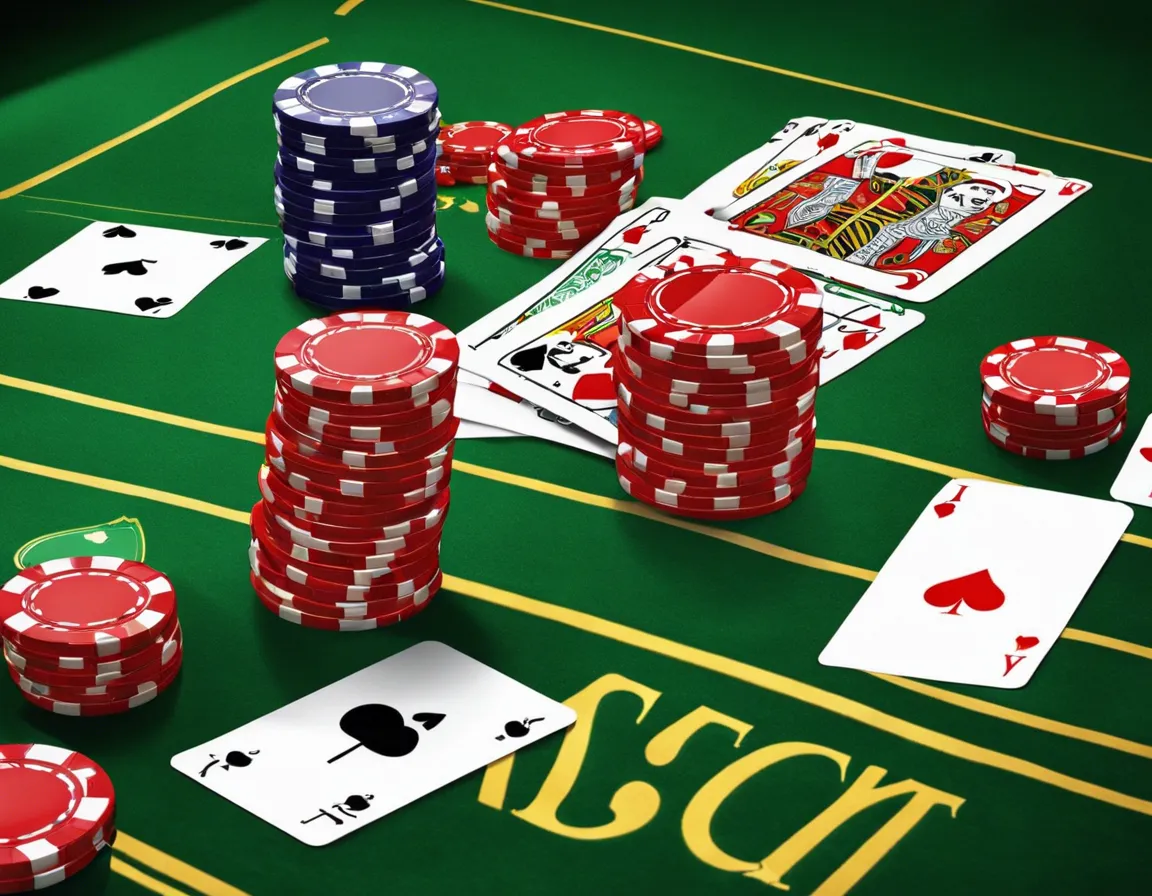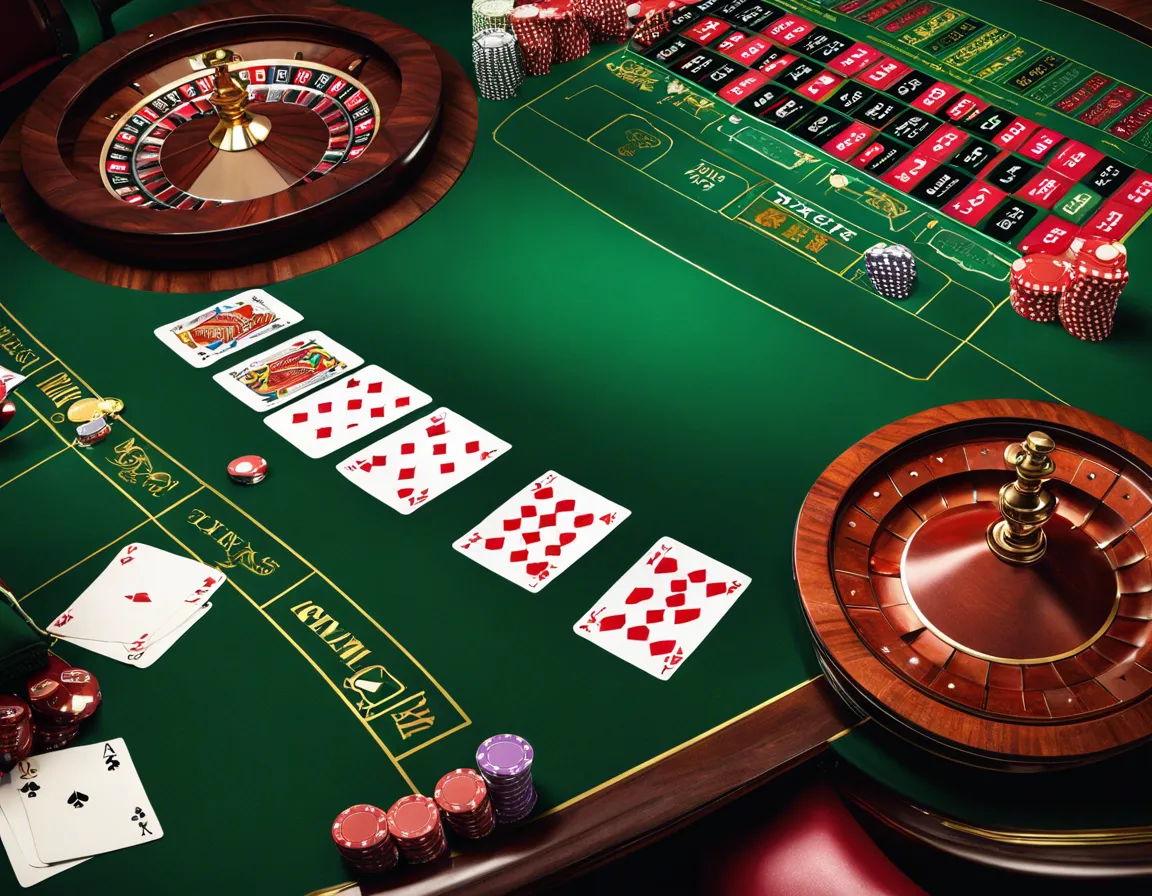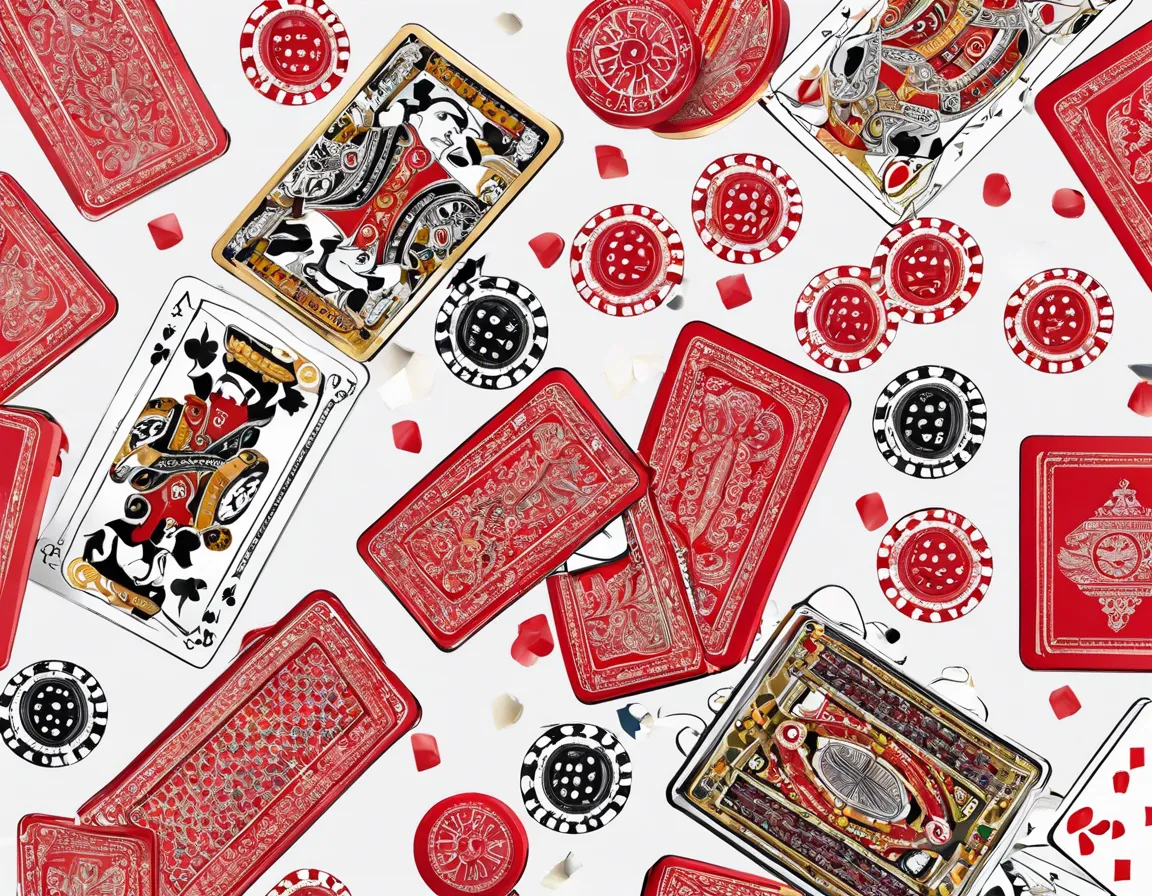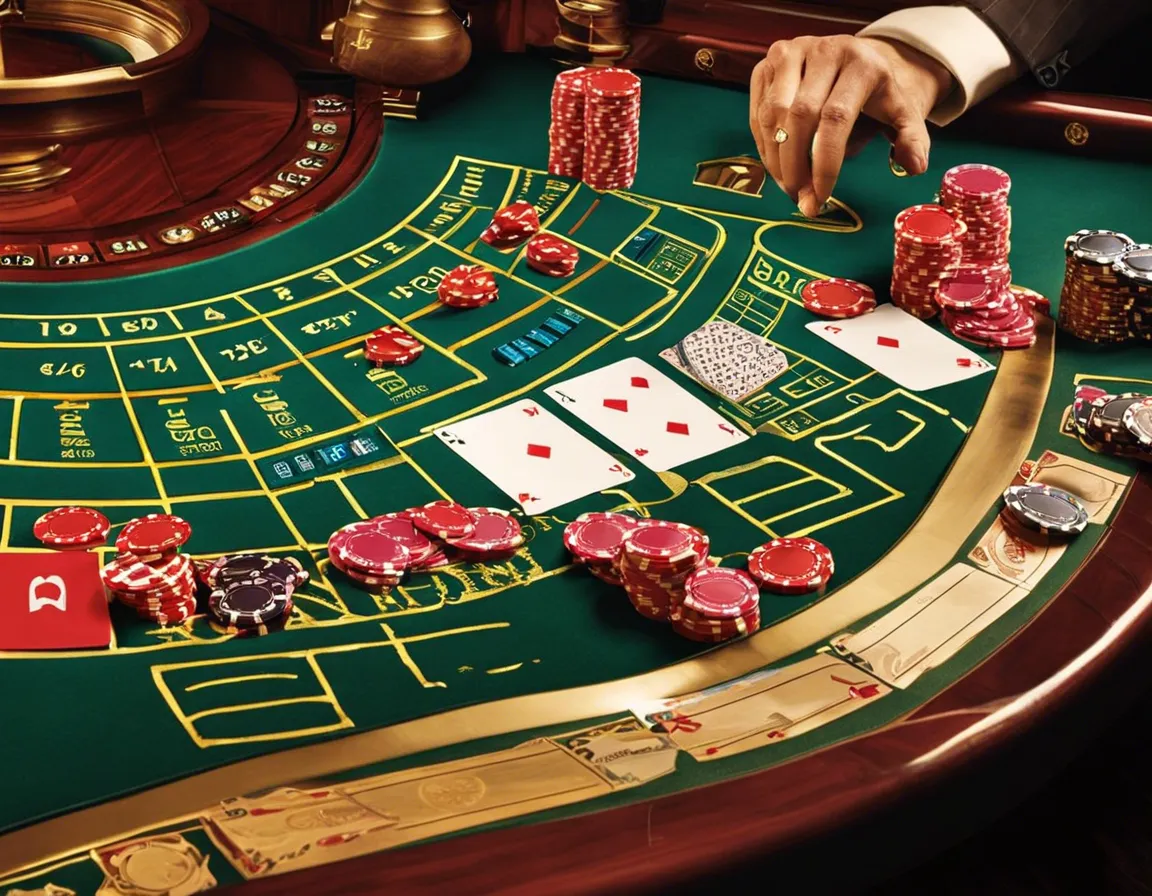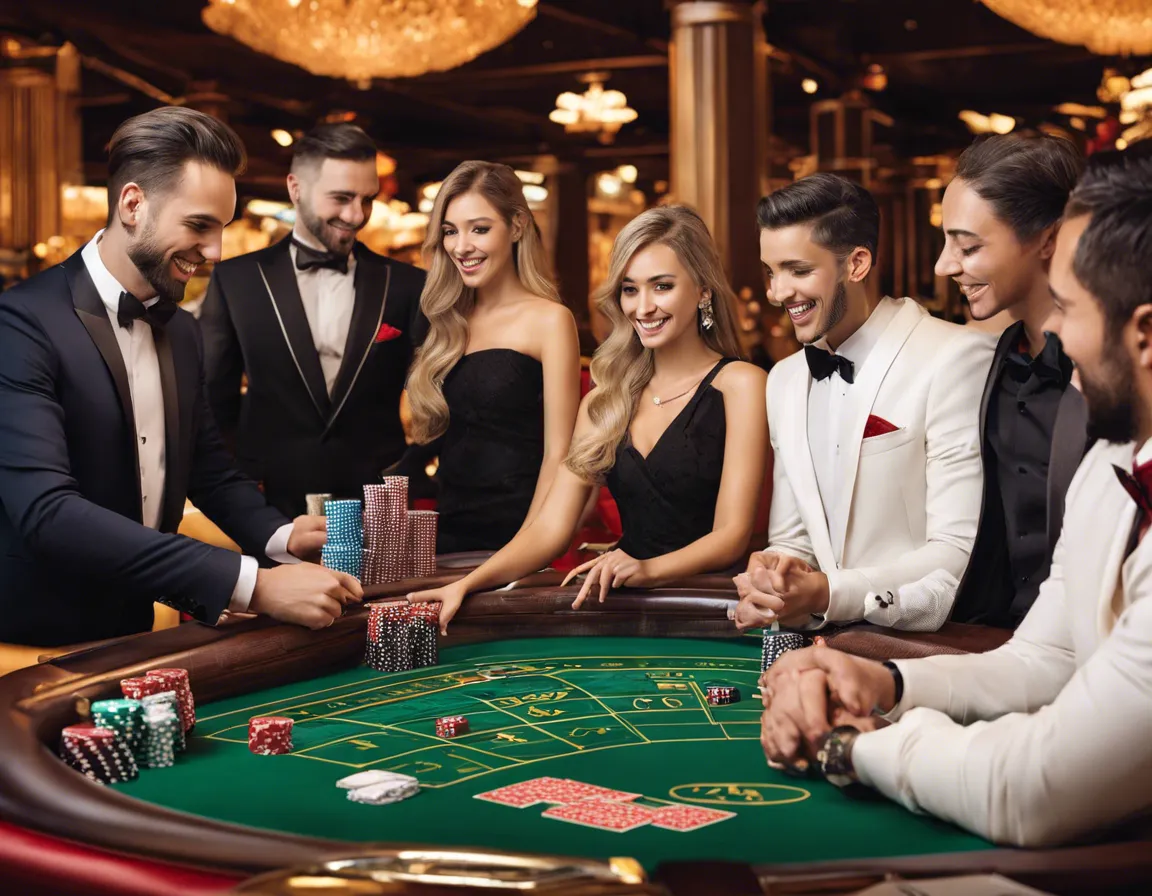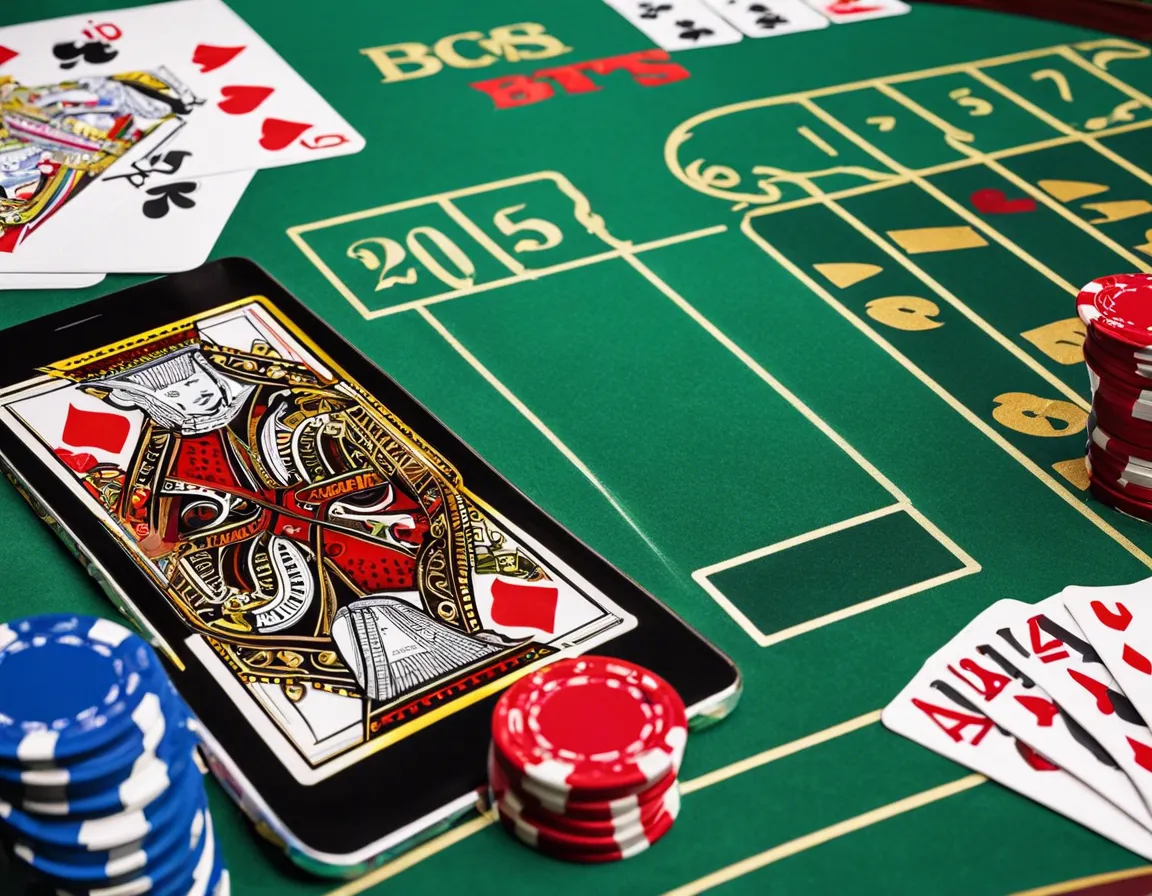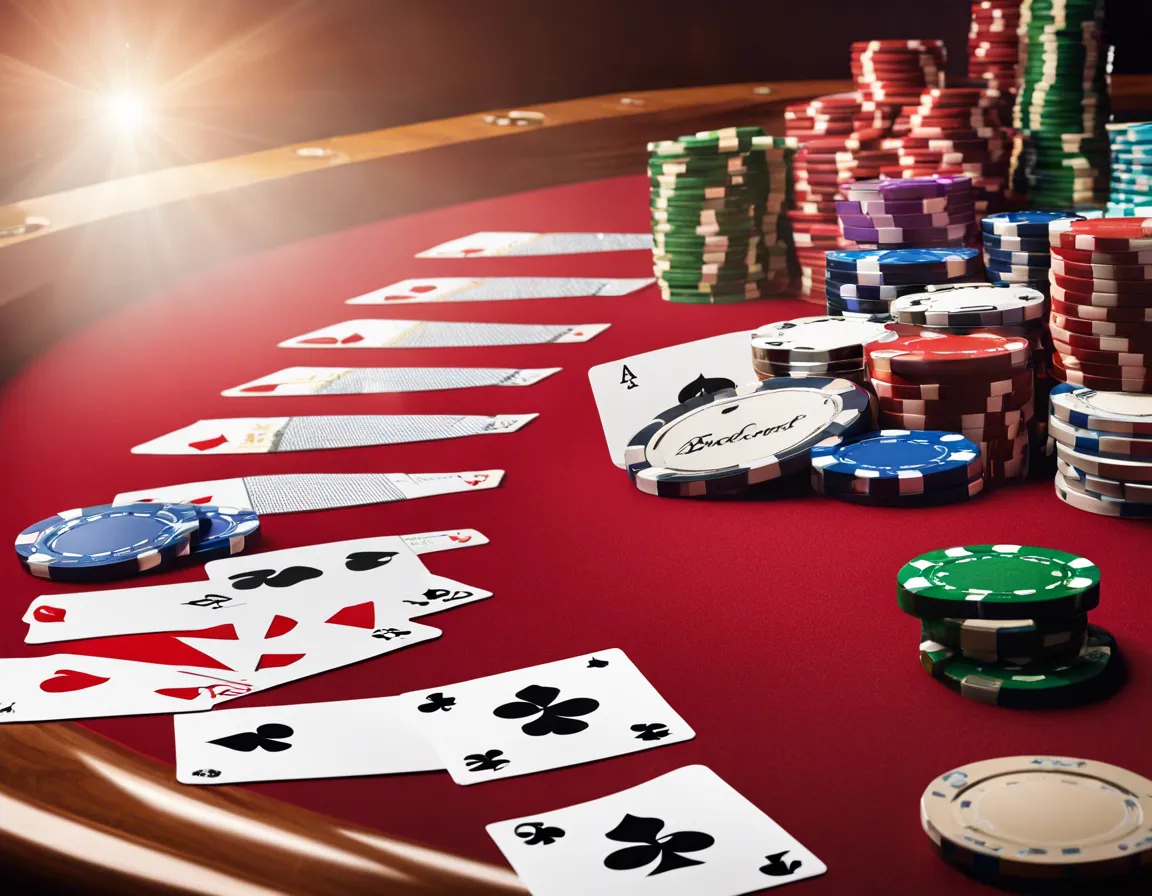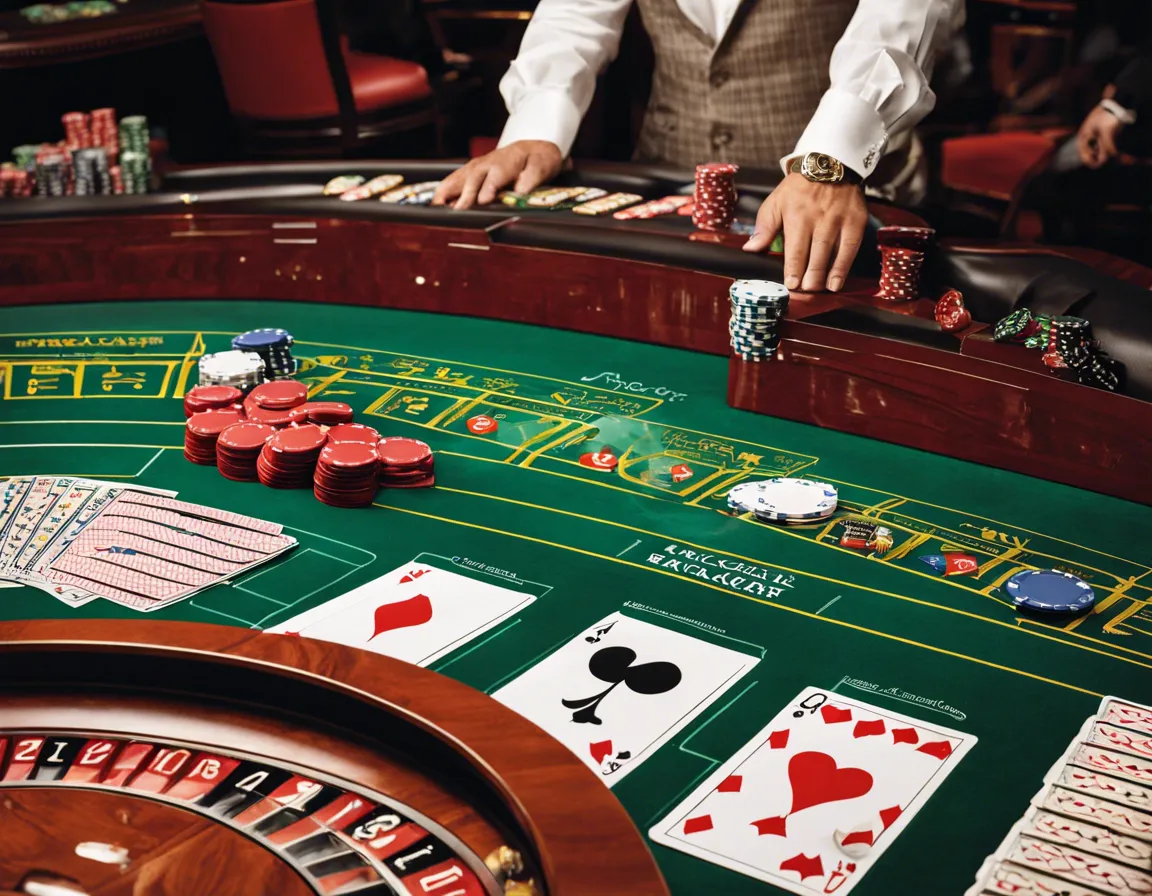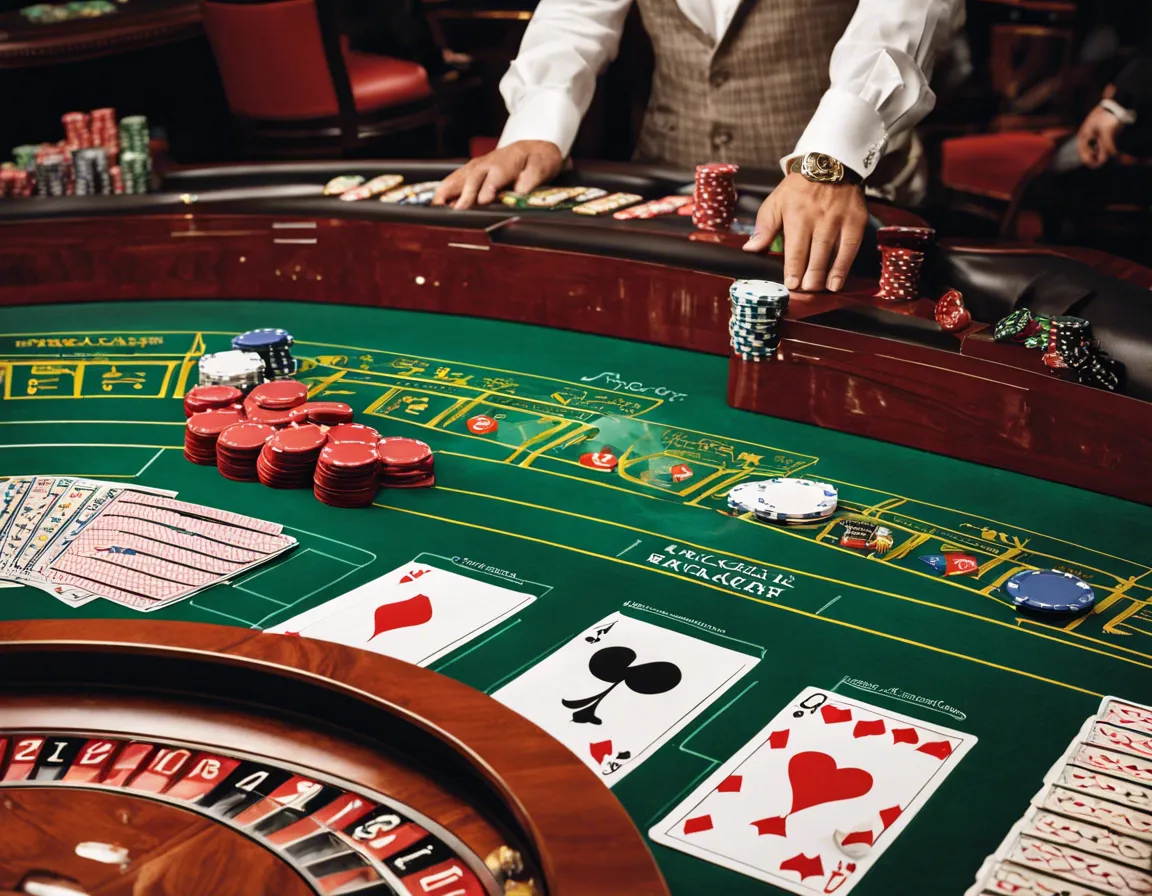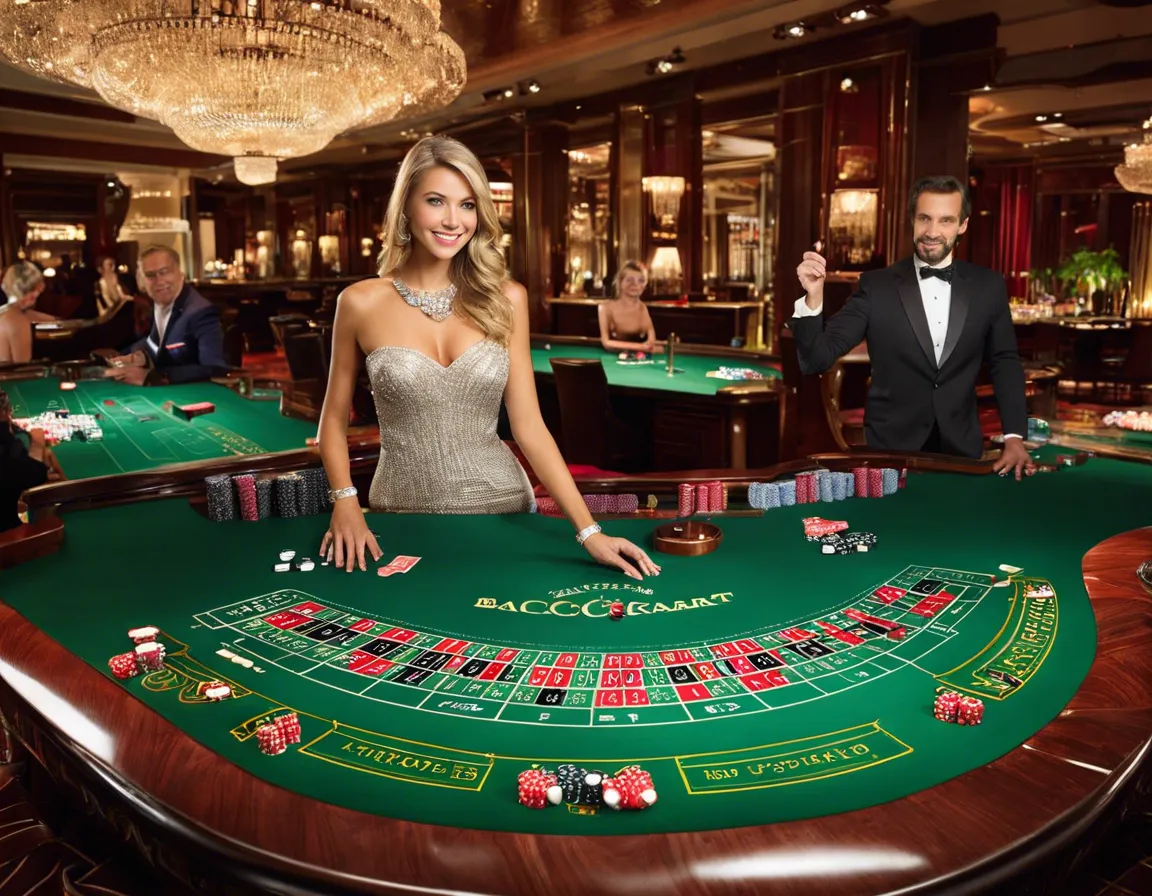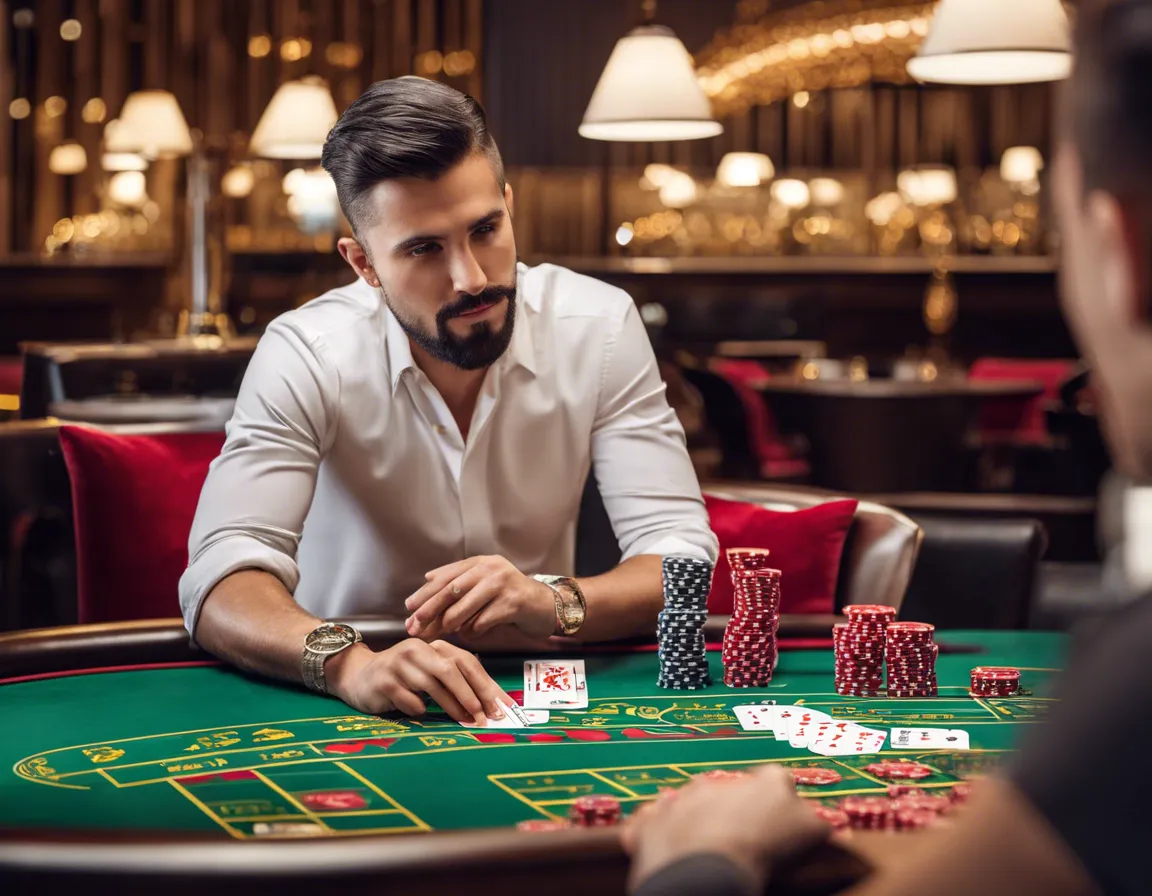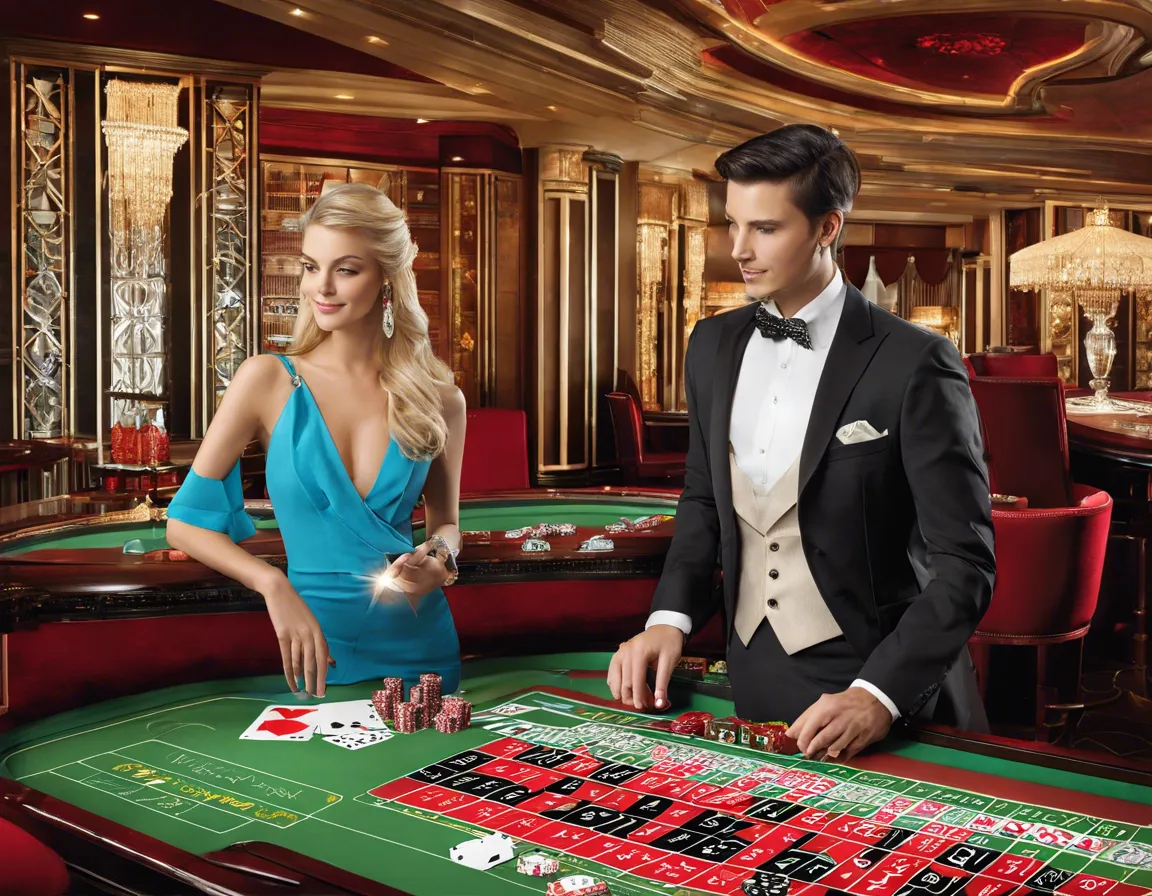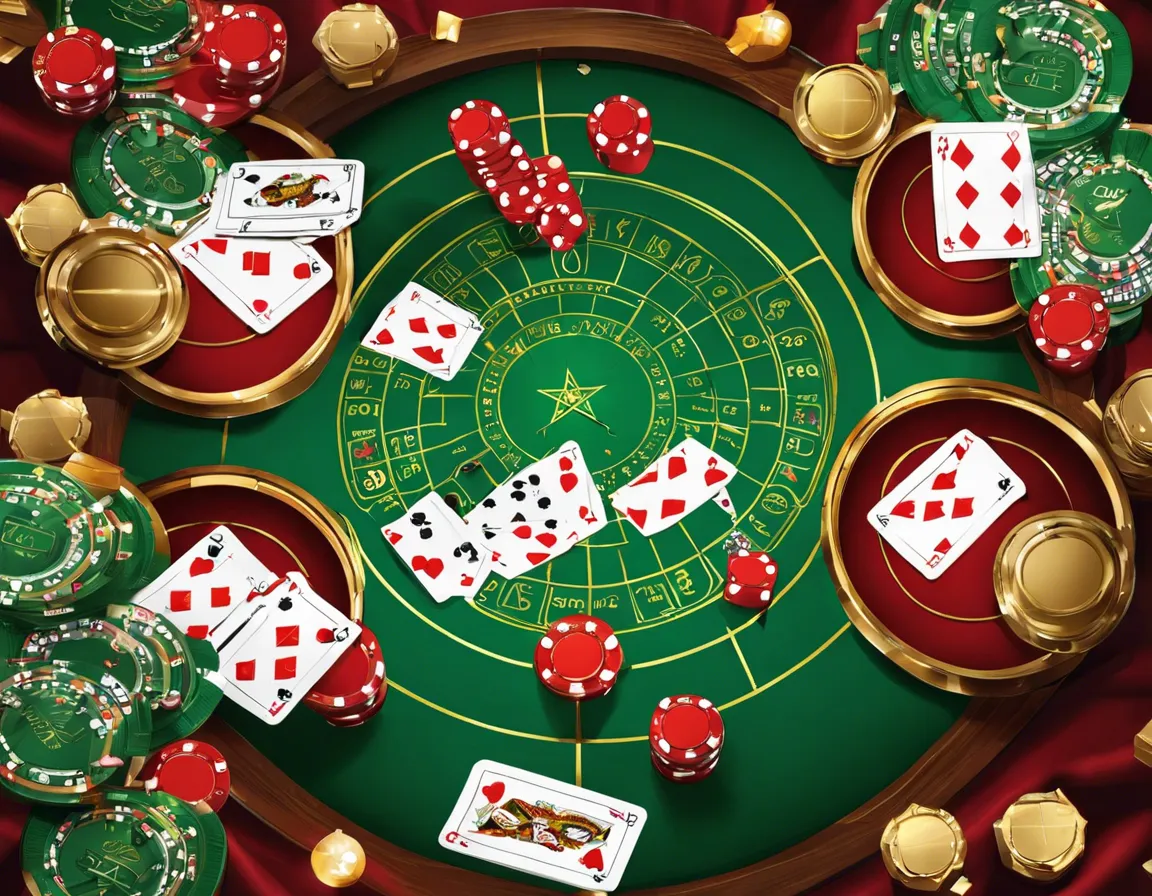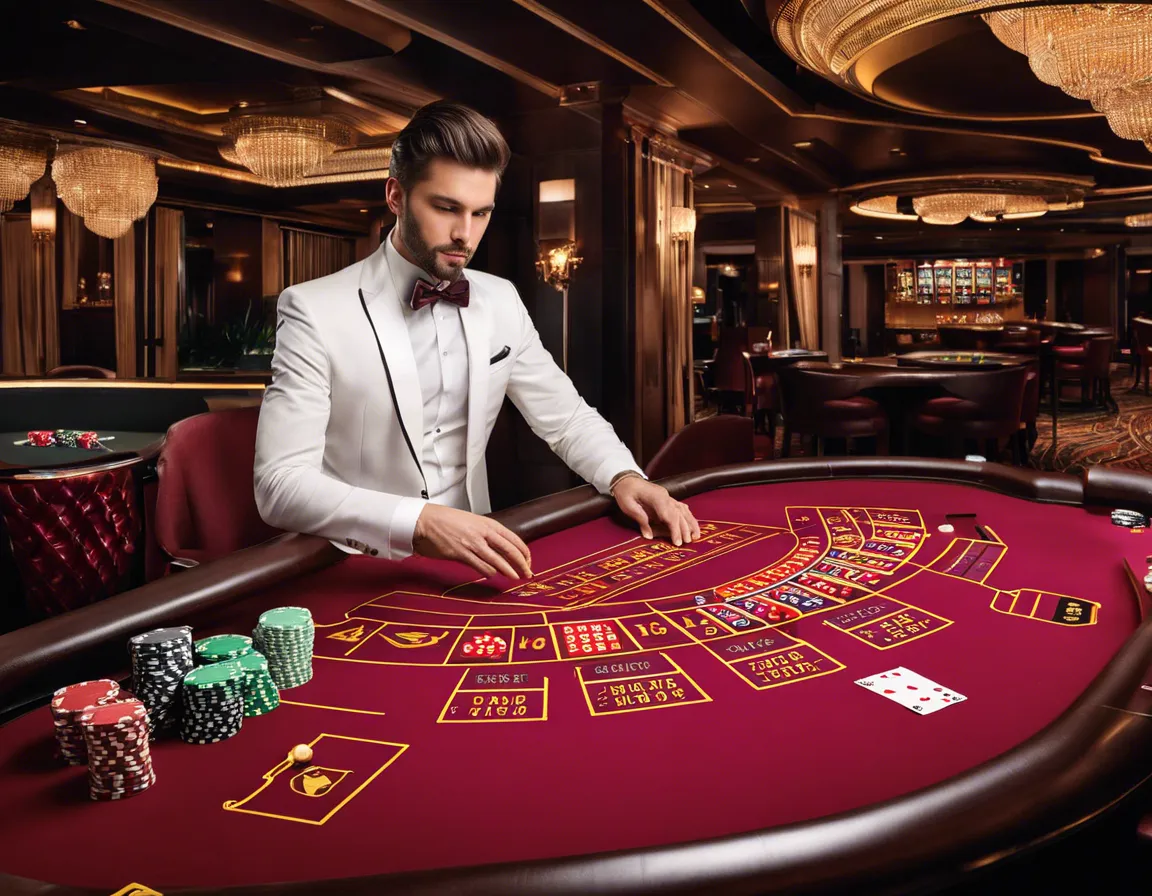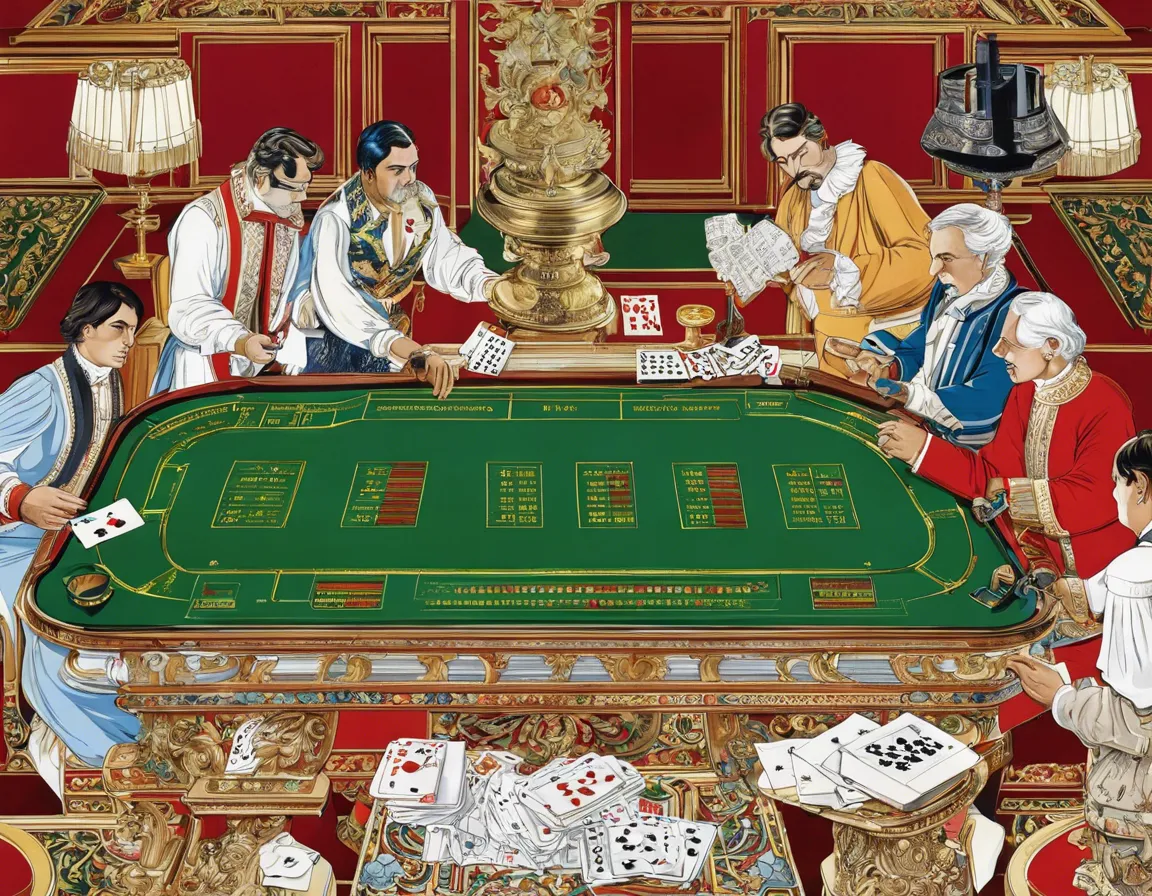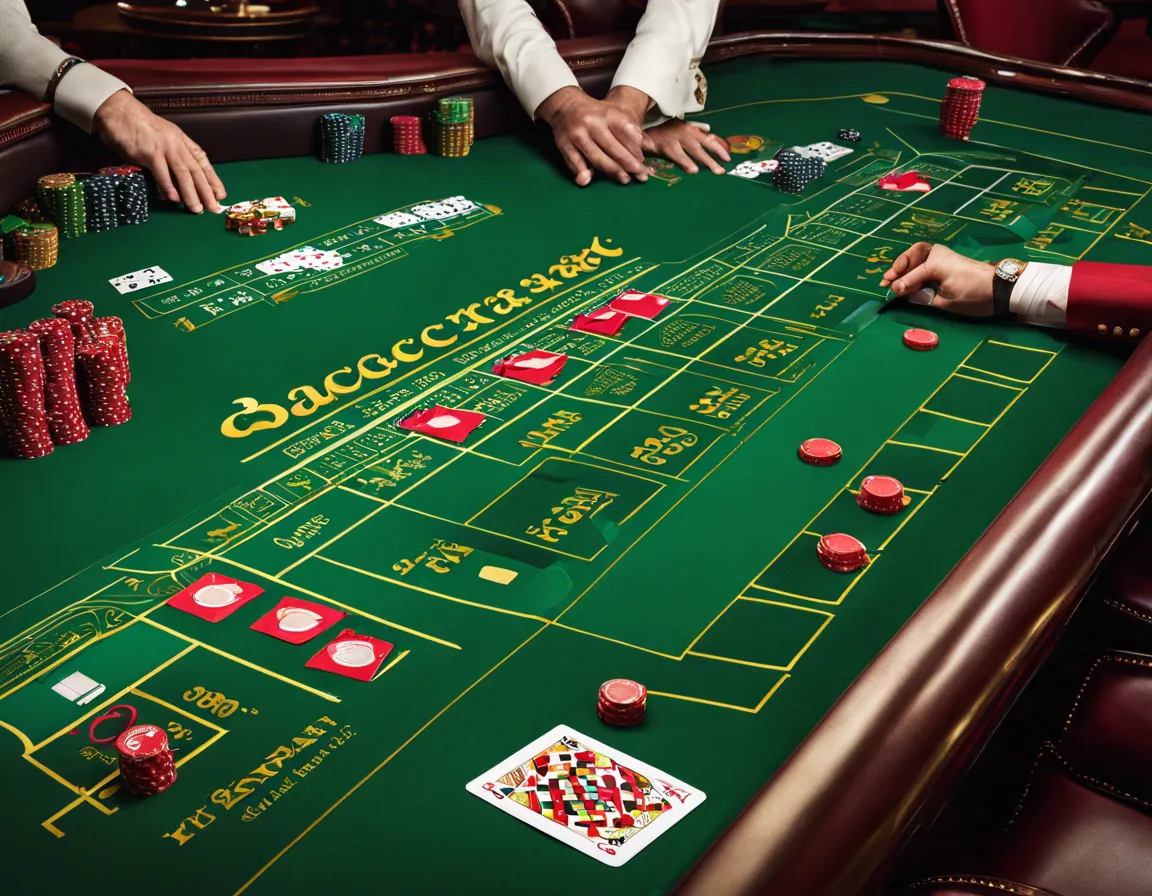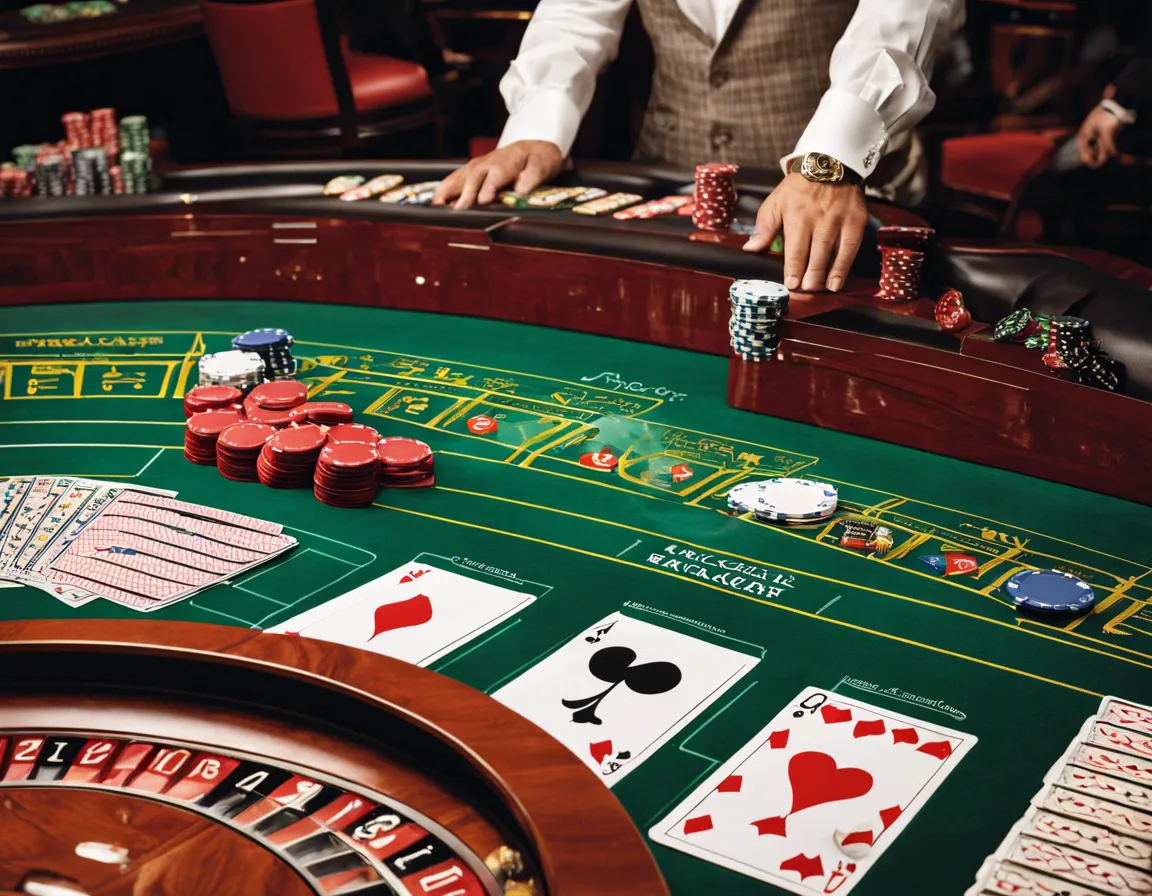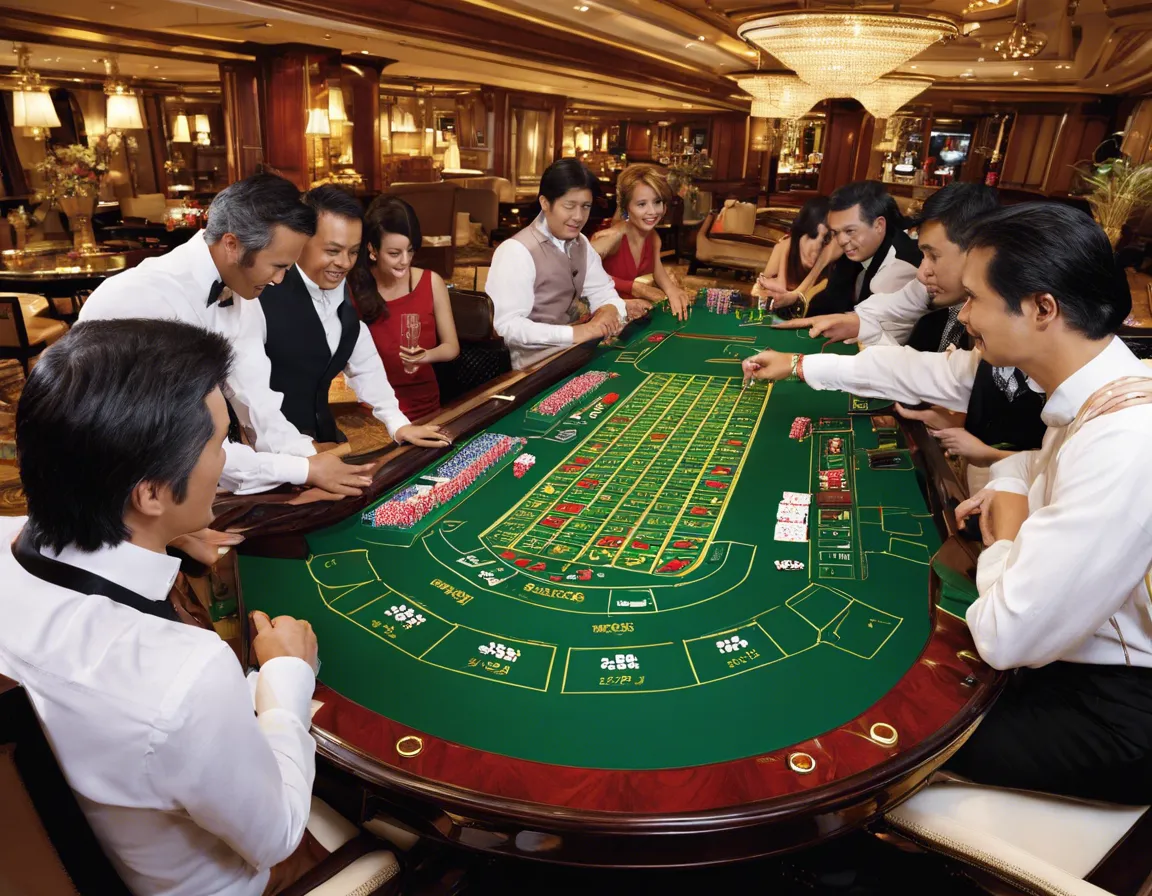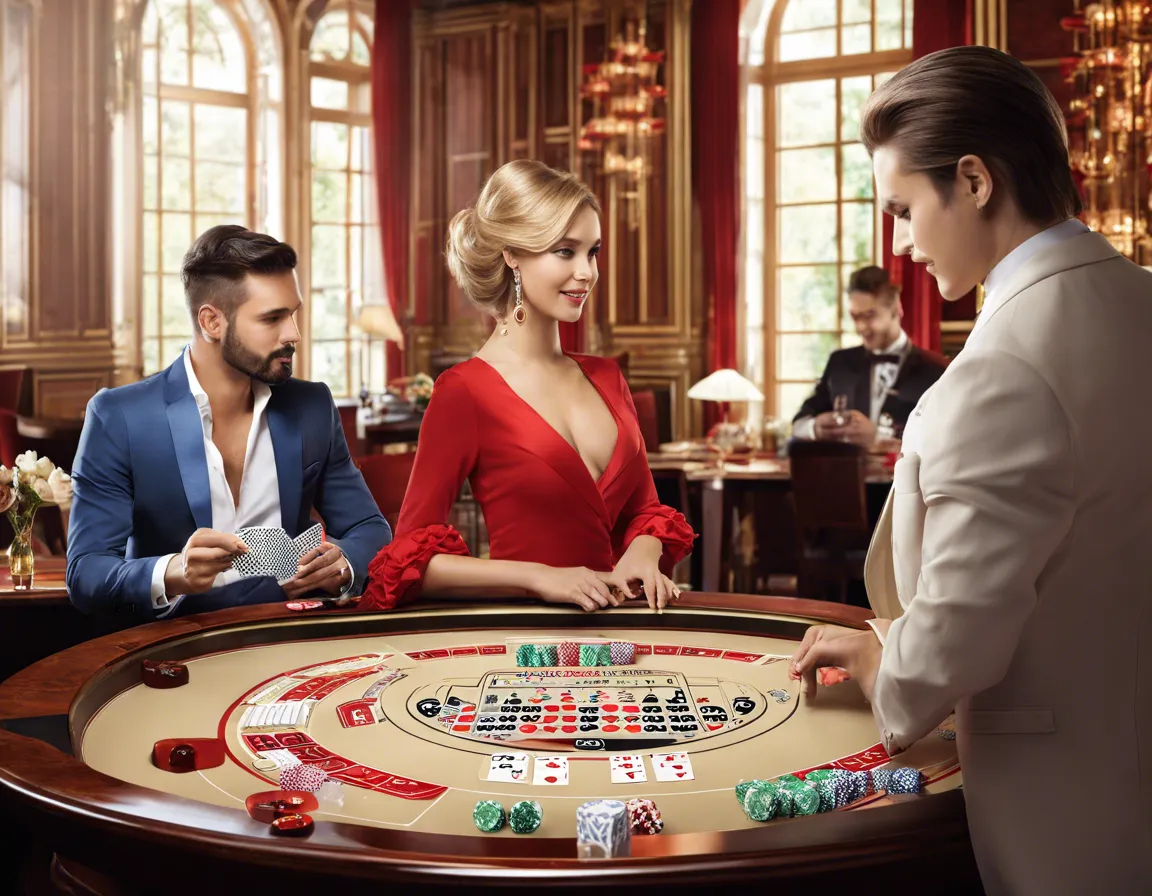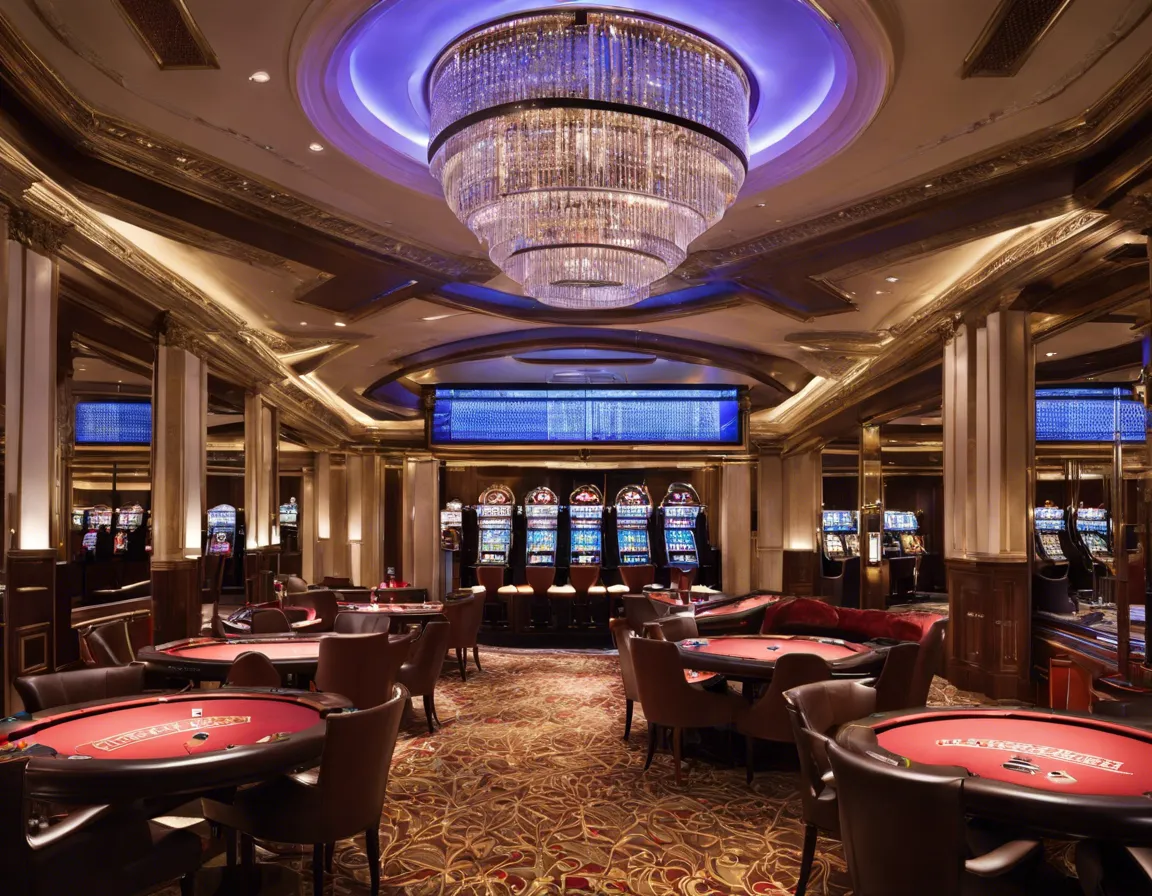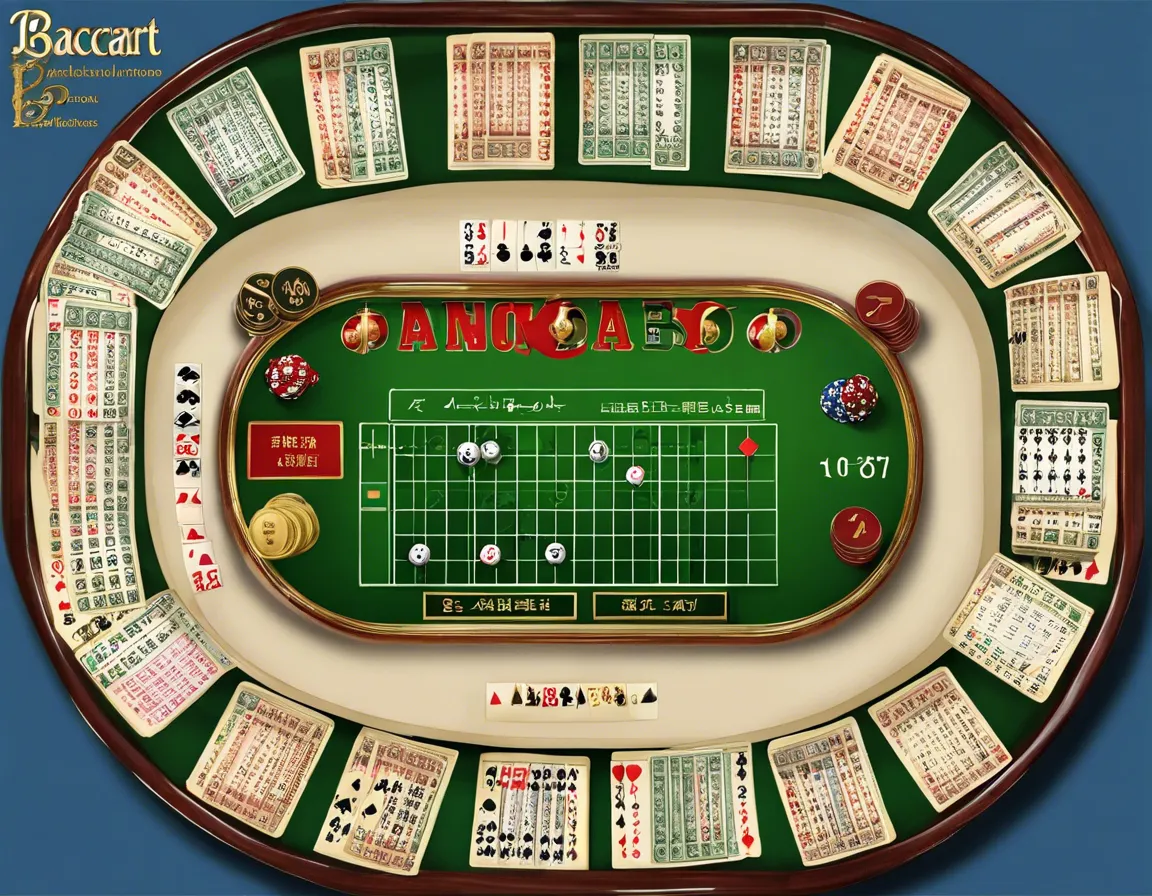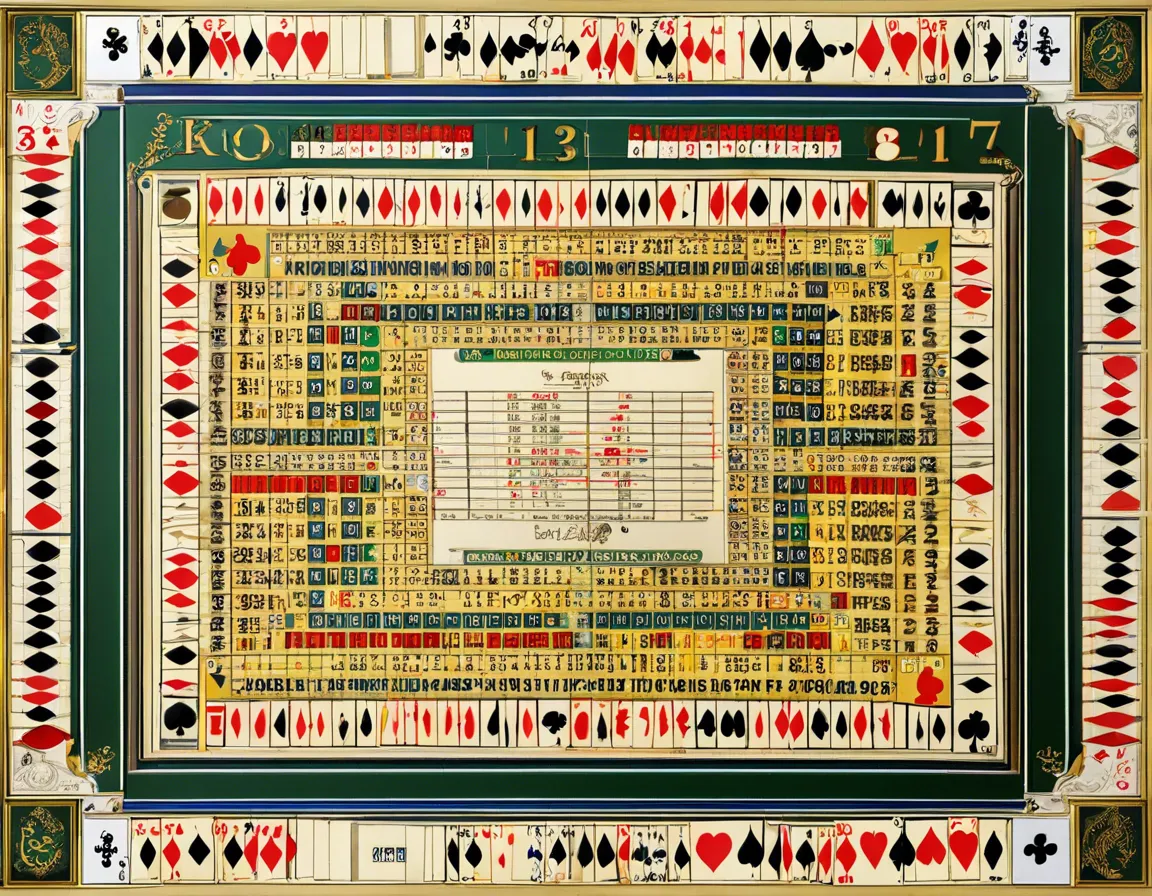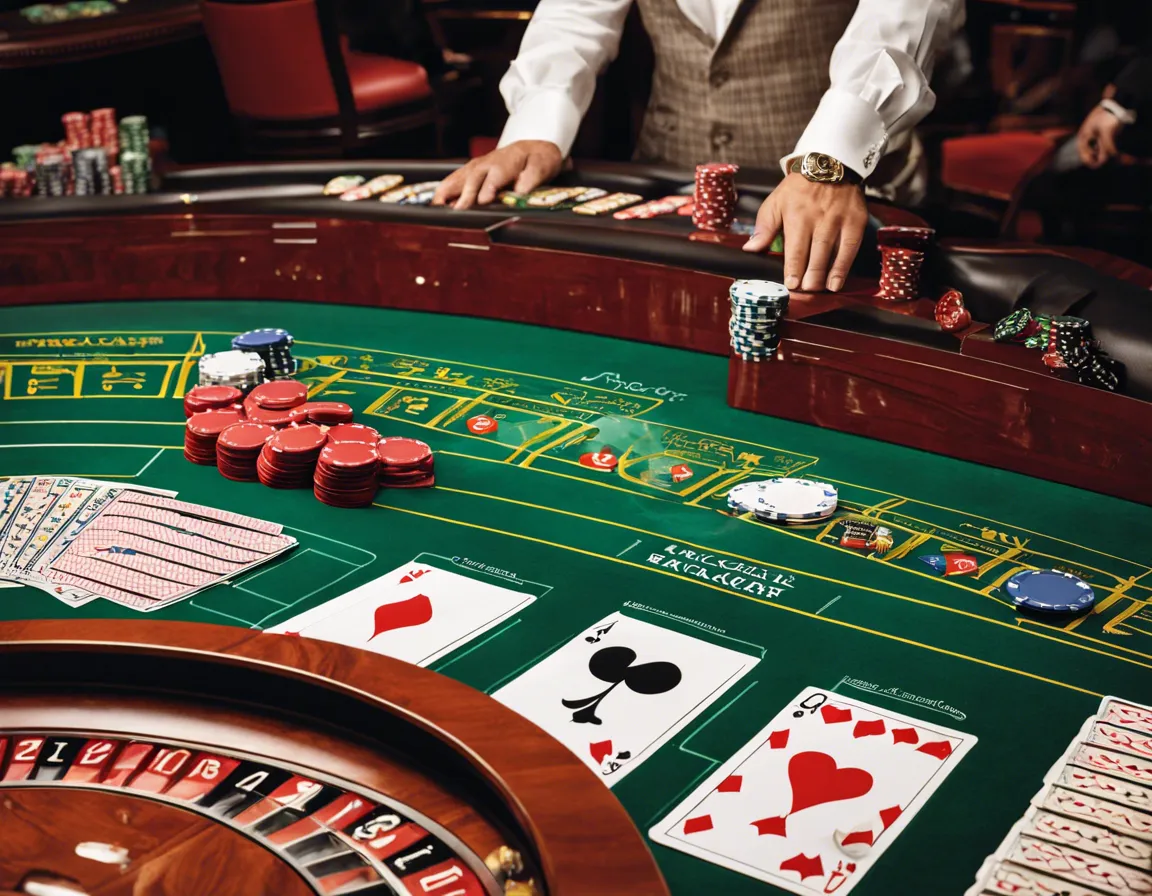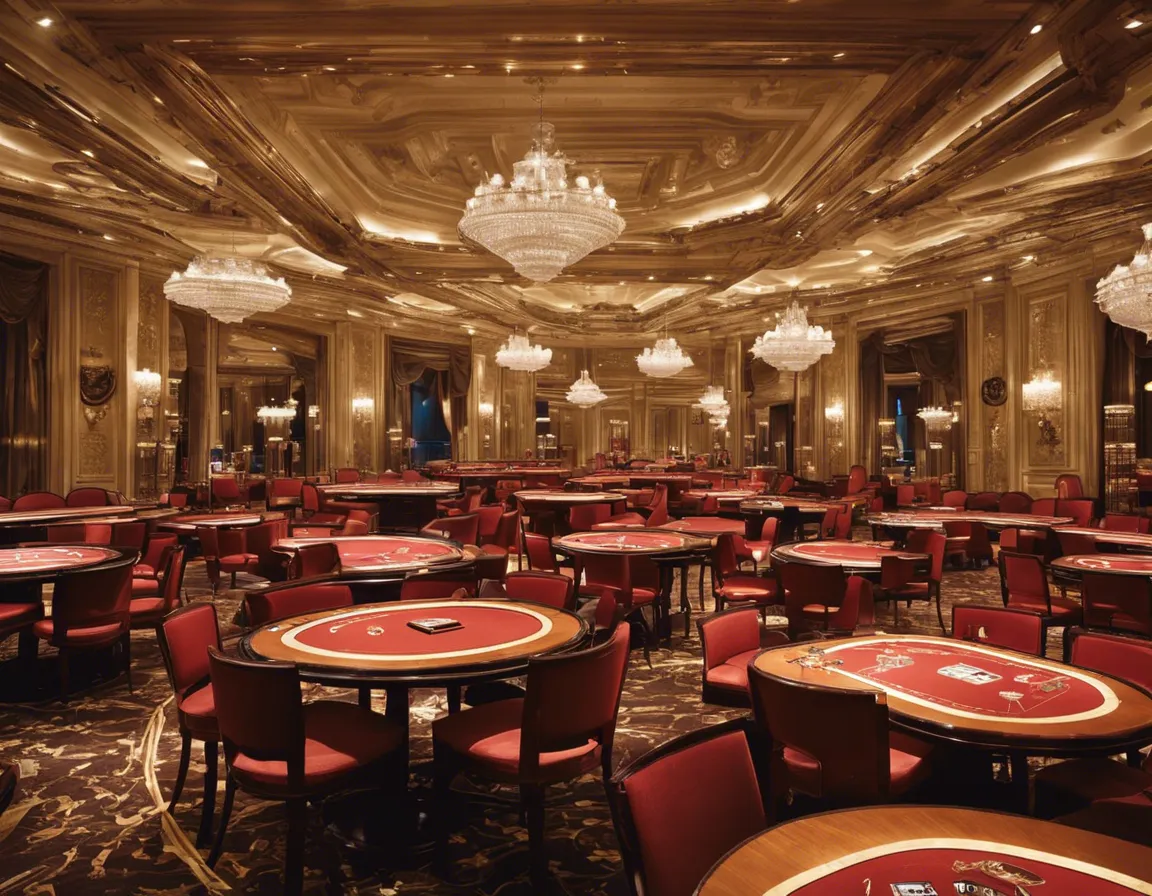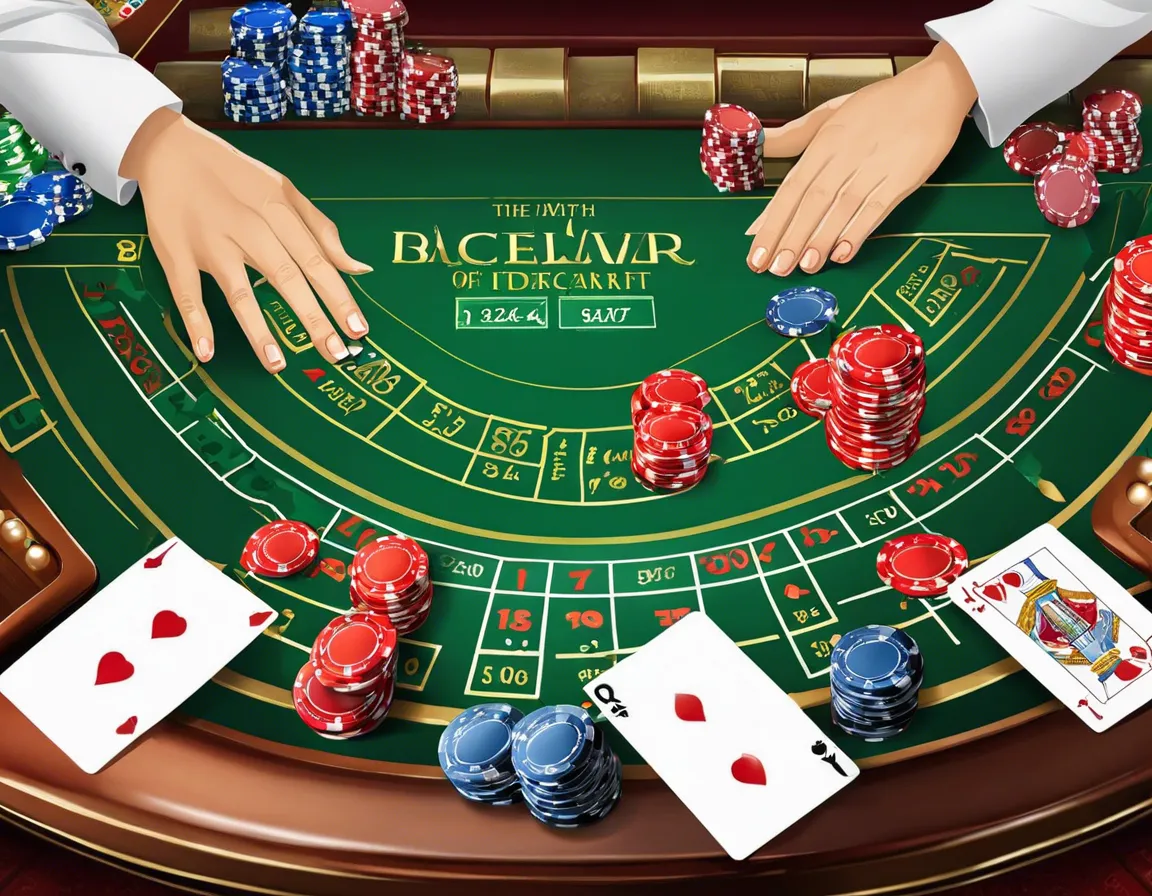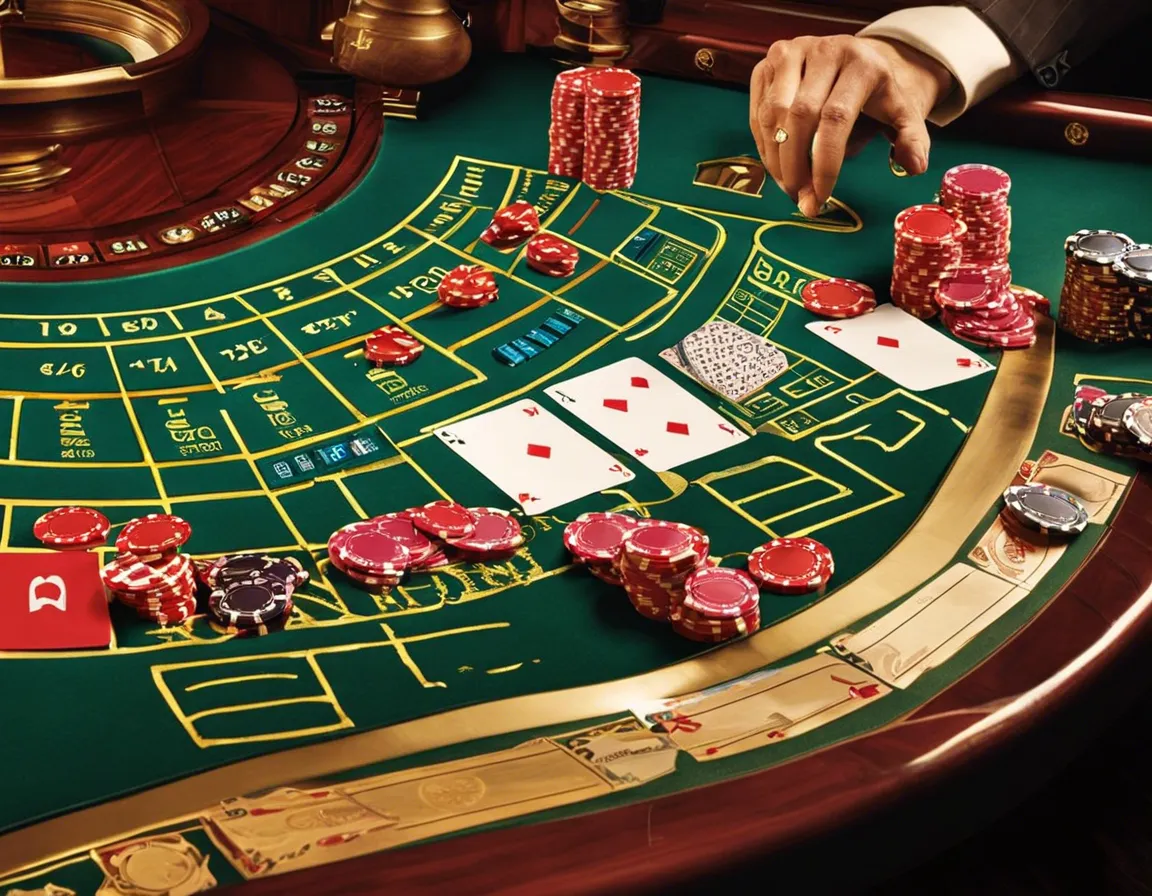Outline
- Introduction to Baccarat
- What is Baccarat?
- Brief history and origins
- The Psychology Behind Baccarat
- Understanding player behavior
- Emotional responses during gameplay
- Decision-making and Risk-Taking
- Rational vs. emotional decisions
- Risk assessment in Baccarat
- Cognitive Biases in Baccarat
- Gambler’s fallacy
- Confirmation bias
- Emotional Intelligence in Baccarat
- Managing emotions while playing
- Recognizing patterns of behavior
- Strategies for Psychological Advantage
- Maintaining focus and composure
- Psychological tactics in gameplay
- Mindset and Confidence
- Belief in one’s decisions
- Overcoming self-doubt
- Psychological Impact of Winning and Losing
- Handling winning streaks
- Coping with losses
- The Role of Luck vs. Skill
- Perception of luck in Baccarat
- Skill development in the game
- Social Dynamics at the Baccarat Table
- Interactions between players and dealers
- Influence of peer pressure
- Psychological Profiles of Baccarat Players
- Different player archetypes
- Behavioral patterns
- Managing Bankroll and Emotions
- Importance of disciplined play
- Avoiding tilt and emotional swings
- The Influence of Environment
- Impact of surroundings on mindset
- Creating an optimal playing environment
- Self-Awareness and Improvement
- Reflecting on past decisions
- Continuous learning and adaptation
- Conclusion
- Summarize the psychological aspects of Baccarat
- Emphasize the importance of understanding the mental game
Baccarat and Psychology: The Mental Game
Baccarat, a game of chance and strategy, has long intrigued players with its blend of simplicity and sophistication. Beyond the cards and bets lies a realm of psychology, where players navigate the complexities of their own minds while engaging in the timeless pursuit of victory.
Introduction to Baccarat
Baccarat, often associated with elegance and exclusivity, is a card game that originated in Italy and gained popularity across Europe before spreading to the rest of the world. Its straightforward rules and fast-paced gameplay make it a favorite among both seasoned gamblers and novices seeking thrills.
The Psychology Behind Baccarat
Within the realm of Baccarat lies a rich tapestry of human psychology. Players’ decisions, emotions, and thought processes all come into play, influencing the outcome of each hand and shaping their overall experience at the table.
Decision-making and Risk-Taking
In Baccarat, players must balance rational decision-making with the allure of risk. While some rely on logic and probability to guide their choices, others succumb to emotional impulses, leading to unpredictable outcomes.
Cognitive Biases in Baccarat
Like any form of gambling, Baccarat is susceptible to cognitive biases that cloud judgment and distort perceptions of reality. The gambler’s fallacy, for instance, leads players to believe that past outcomes influence future results, despite each hand being independent of the last.
Emotional Intelligence in Baccarat
Success in Baccarat hinges not only on skill but also on emotional intelligence. Players must master their emotions, keeping calm under pressure and resisting the urge to act impulsively in the heat of the moment.
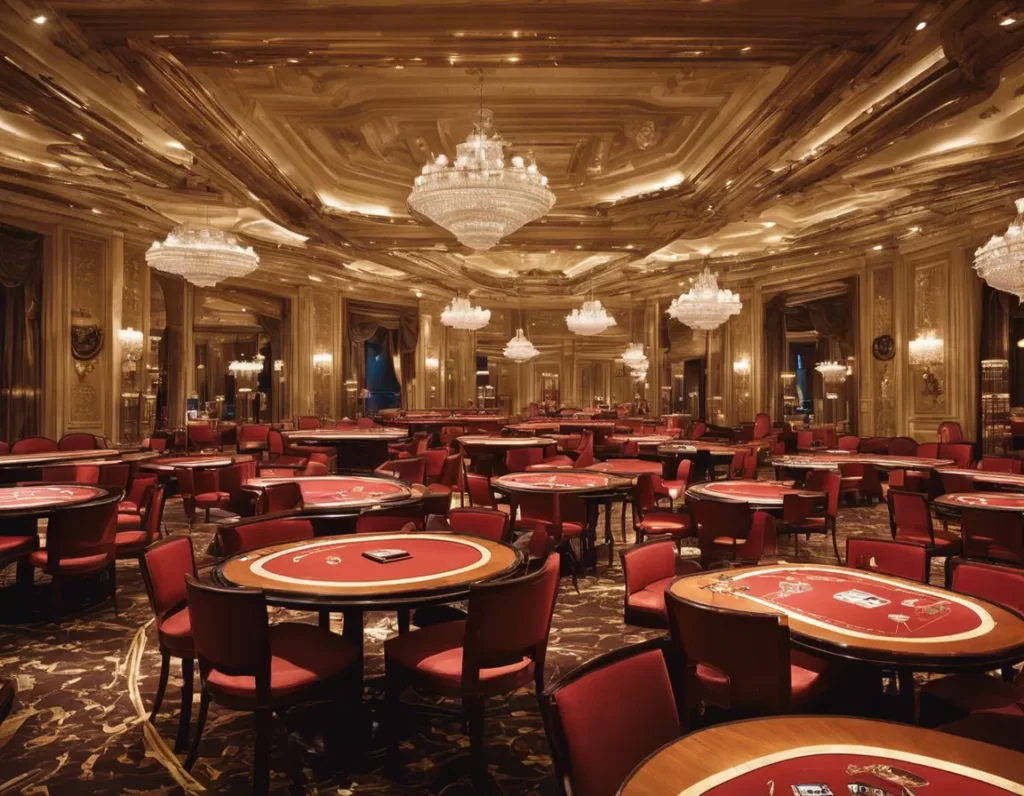
Strategies for Psychological Advantage
Those who excel at Baccarat understand the power of psychological tactics. Whether it’s maintaining a poker face or bluffing opponents with calculated moves, strategic play extends beyond the cards themselves.
Mindset and Confidence
Confidence plays a pivotal role in Baccarat, affecting everything from decision-making to overall performance. Players with unwavering self-belief are better equipped to weather the highs and lows of the game.
Psychological Impact of Winning and Losing
The thrill of victory and the sting of defeat leave lasting impressions on Baccarat players. How individuals respond to these outcomes can shape their future behavior at the table and beyond.
The Role of Luck vs. Skill
Debates persist regarding the relative importance of luck and skill in Baccarat. While chance undoubtedly plays a significant role, skillful players leverage strategy and experience to tip the odds in their favor.
Social Dynamics at the Baccarat Table
Baccarat tables are microcosms of social interaction, where players engage in subtle power plays and strategic alliances. Understanding these dynamics can provide a competitive edge in the game.
Psychological Profiles of Baccarat Players
From risk-averse strategists to bold risk-takers, Baccarat attracts a diverse array of personalities. Recognizing these profiles can help players anticipate their opponents’ moves and adjust their strategies accordingly.
Managing Bankroll and Emotions
Sound financial management and emotional resilience are essential traits for successful Baccarat players. By setting limits and maintaining emotional equilibrium, players can mitigate losses and maximize winnings over time.
The Influence of Environment
The atmosphere surrounding a Baccarat table can significantly impact players’ mindset and performance. Creating a conducive environment, free from distractions and stressors, can enhance focus and decision-making abilities.
Self-Awareness and Improvement
Continuous self-reflection and improvement are hallmarks of skilled Baccarat players. By analyzing past performance and identifying areas for growth, players can refine their strategies and adapt to evolving circumstances.
Conclusion
In the intricate dance between chance and strategy, psychology emerges as a defining factor in the game of Baccarat. By understanding the nuances of human behavior and mastering the mental game, players can elevate their gameplay and enhance their overall experience at the table.
5 Unique FAQs
- Is Baccarat purely a game of luck? While luck certainly plays a significant role in Baccarat, strategic decision-making and psychological prowess can tilt the odds in players’ favor.
- How important is emotional control in Baccarat? Emotional control is paramount in Baccarat, as impulsive decisions driven by fear or excitement can lead to costly mistakes.
- Can studying opponents’ behavior improve one’s chances in Baccarat? Yes, observing and analyzing opponents’ behavior can provide valuable insights into their playing style and intentions, enabling players to adapt their strategies accordingly.
- What strategies can help minimize losses in Baccarat? Setting clear financial limits, practicing disciplined play, and maintaining emotional composure are effective strategies for minimizing losses in Baccarat.
- Are there psychological tricks that players can use to gain an edge in Baccarat? Yes, subtle psychological tactics such as bluffing, reading opponents’ body language, and controlling one’s demeanor can influence outcomes in Baccarat.
